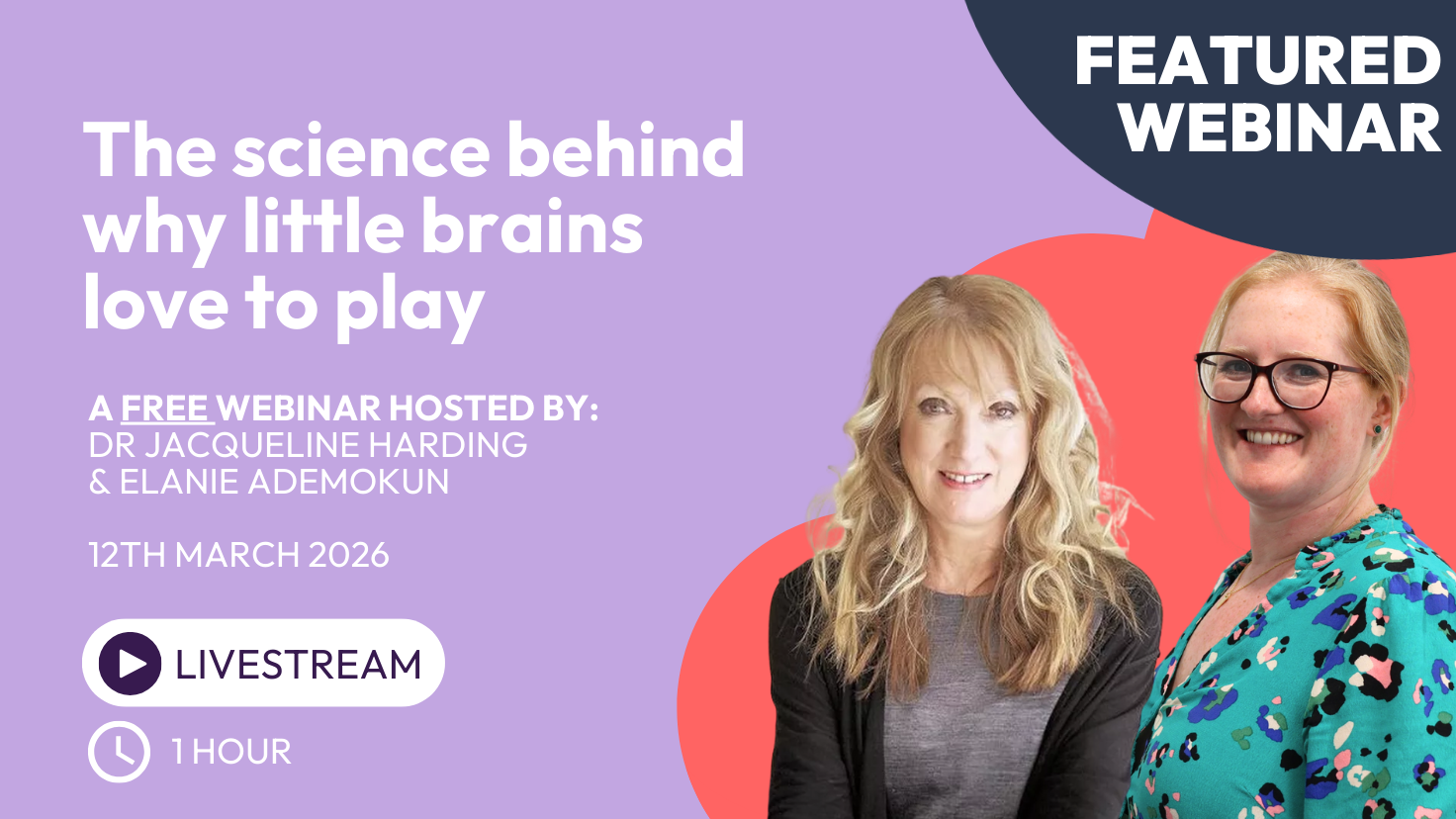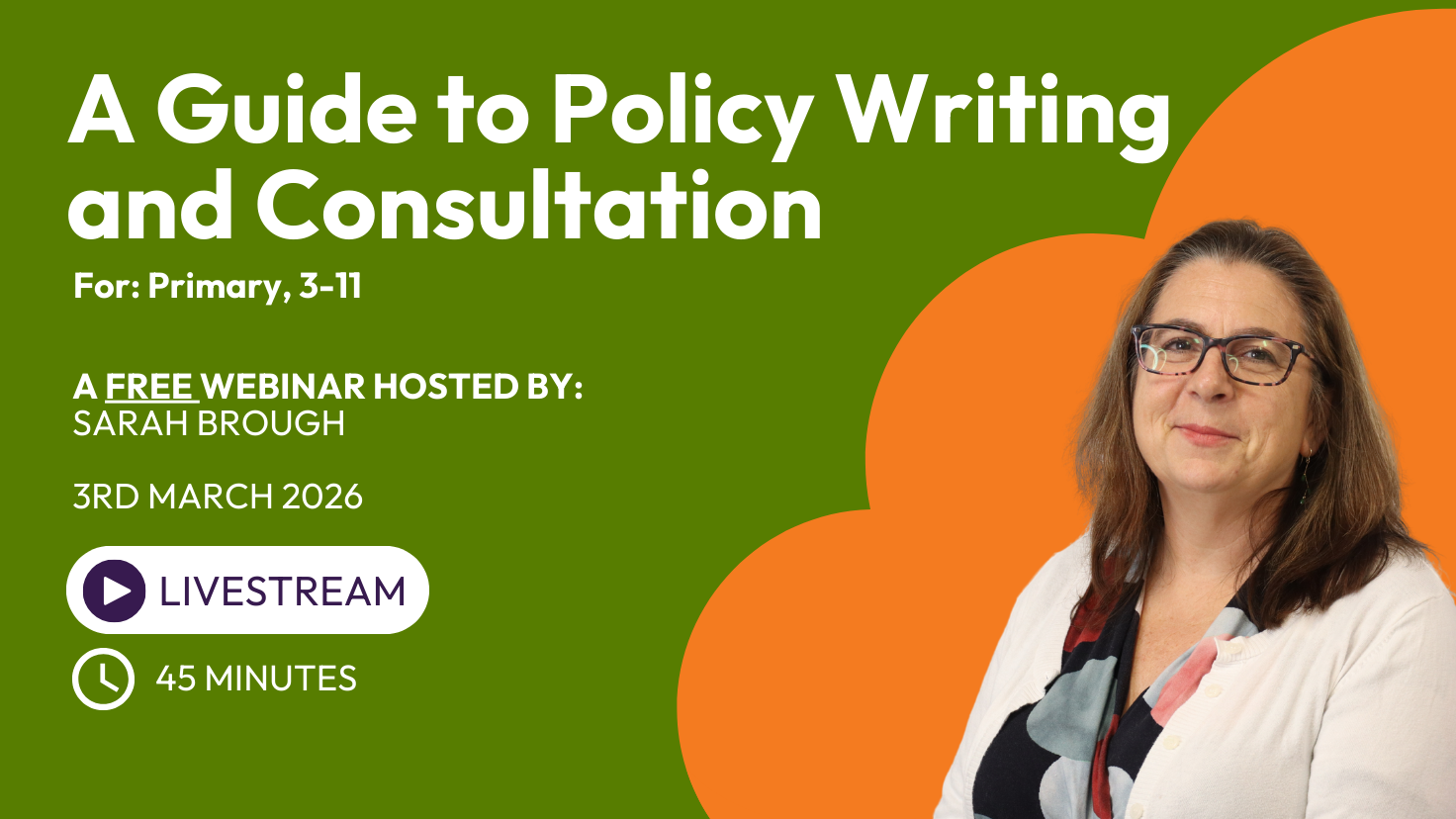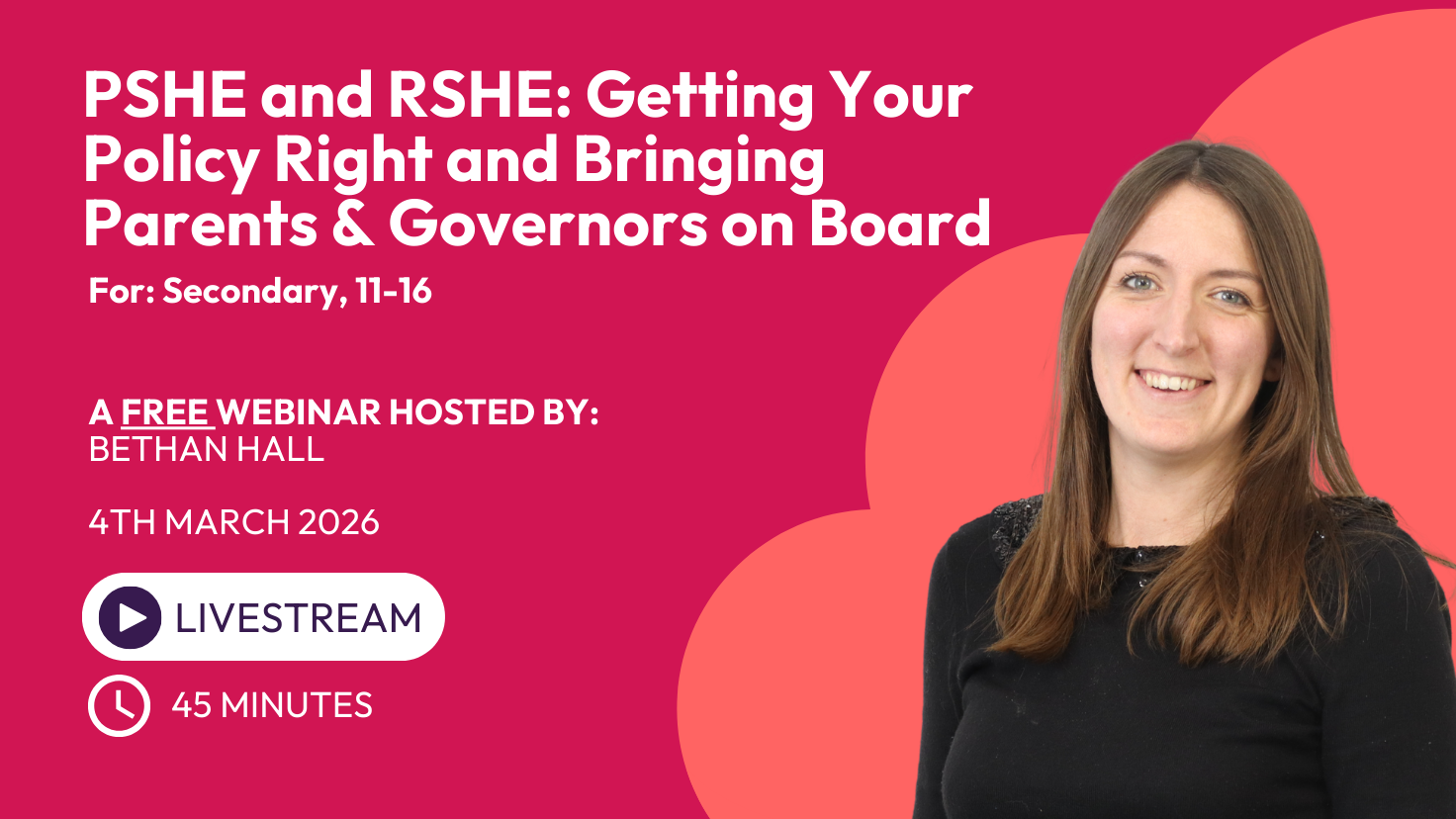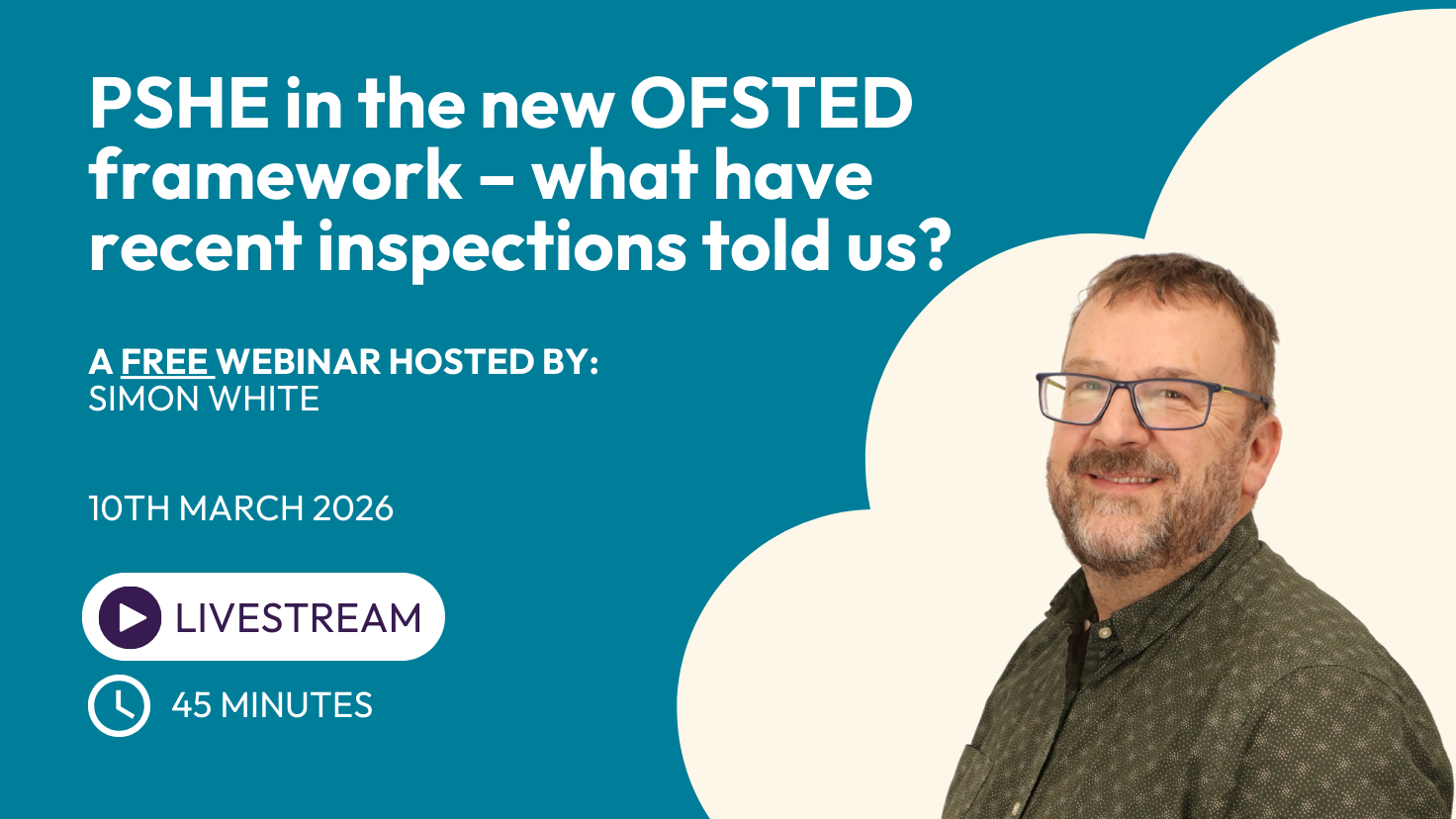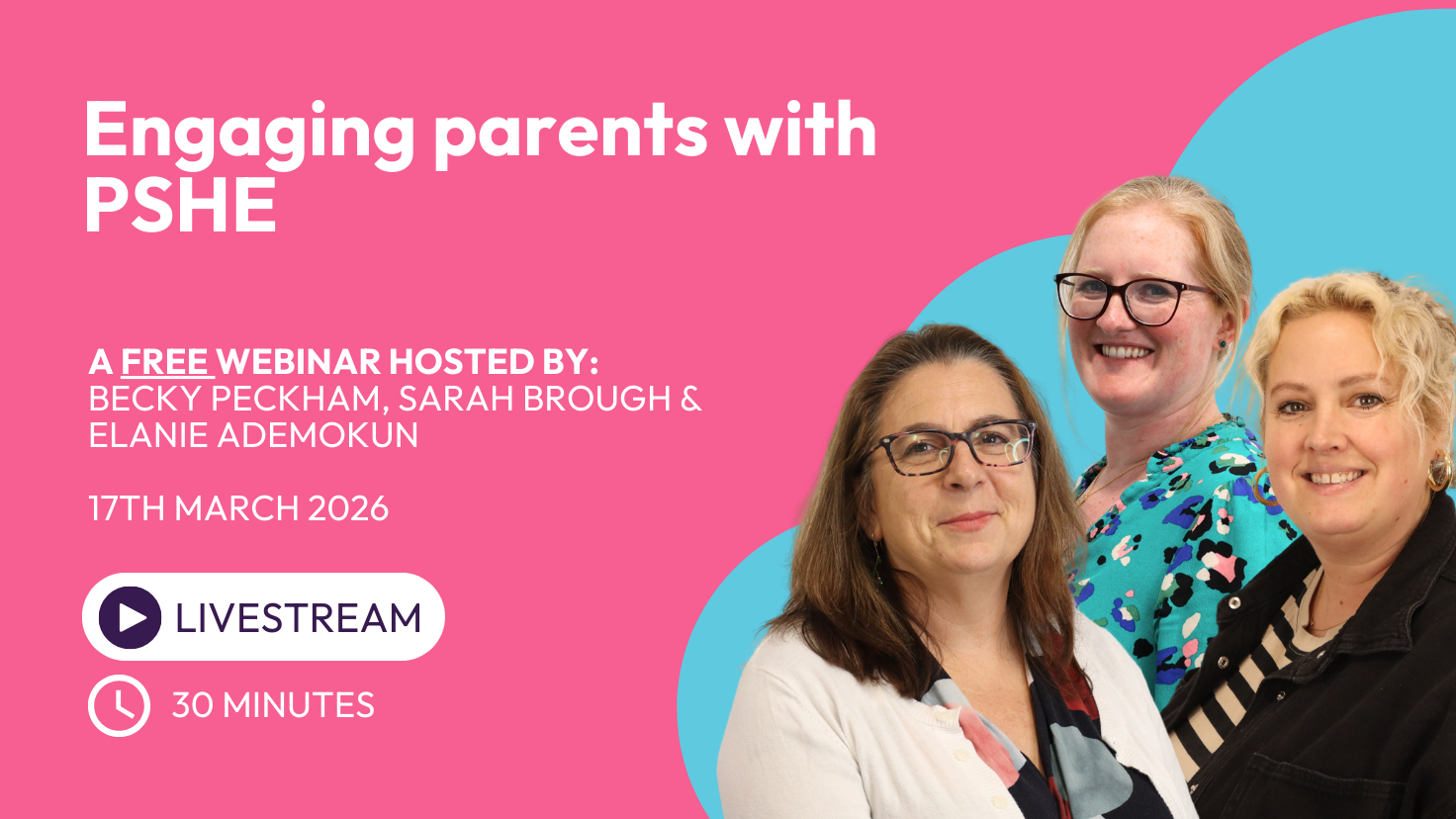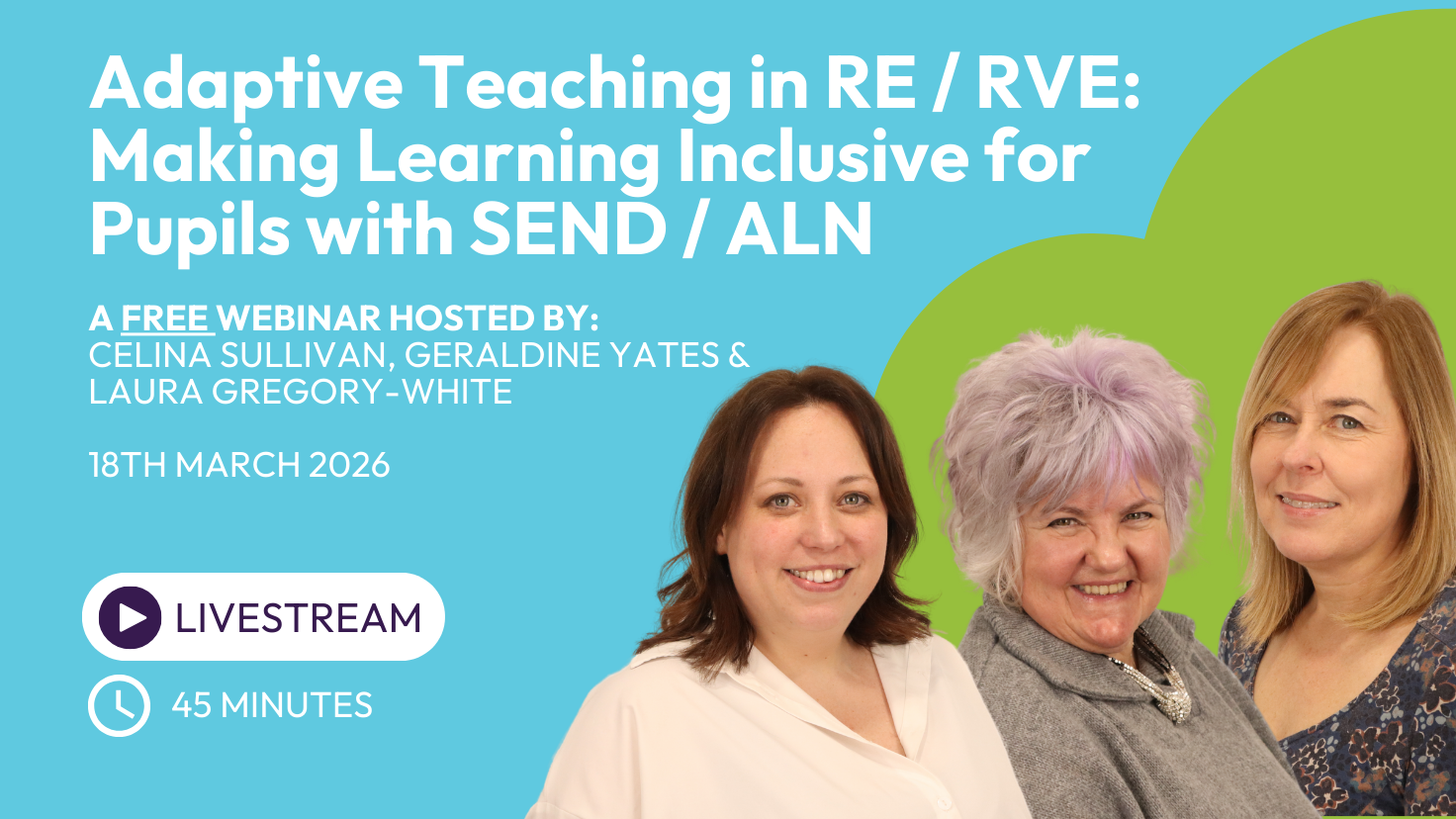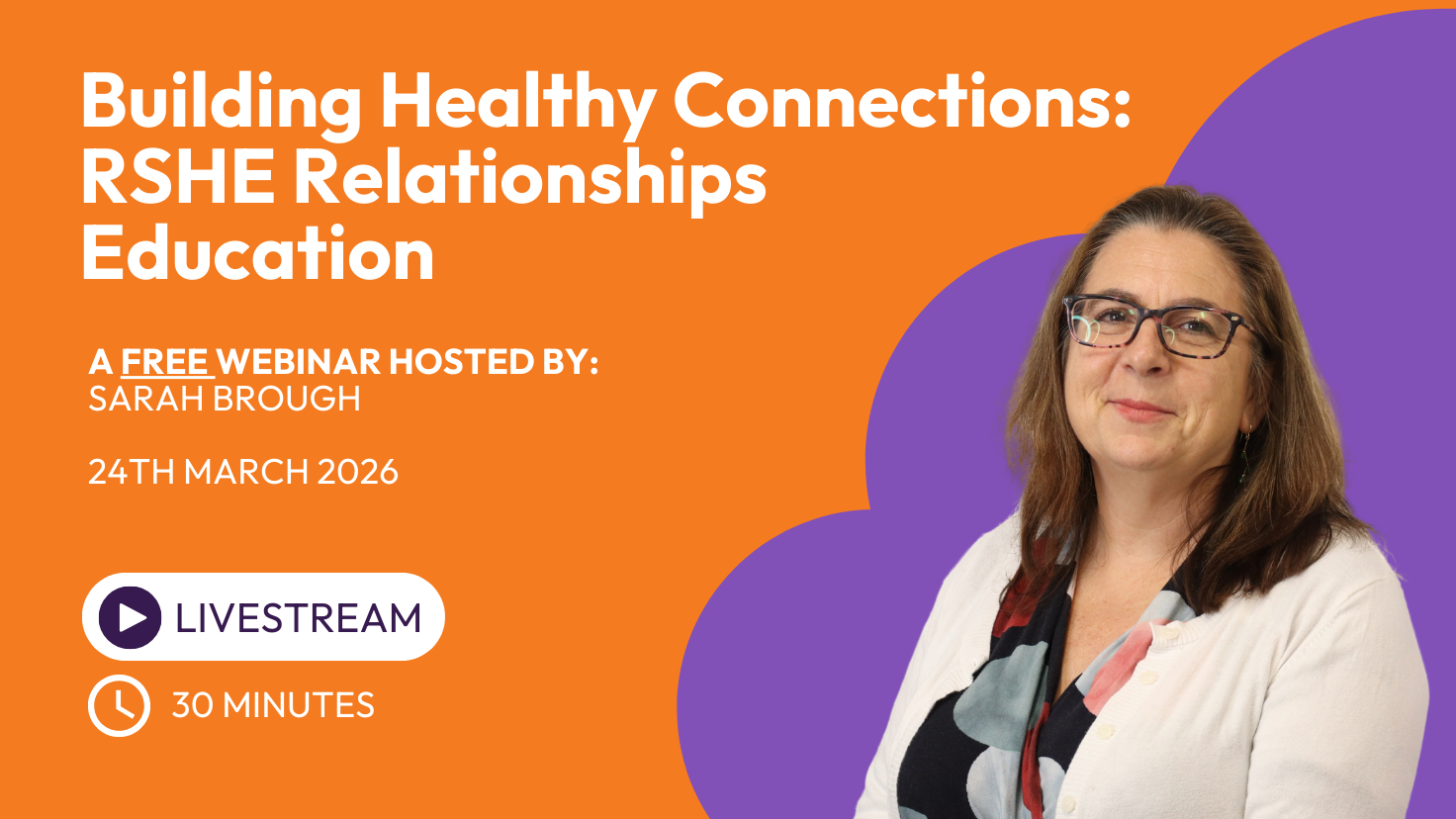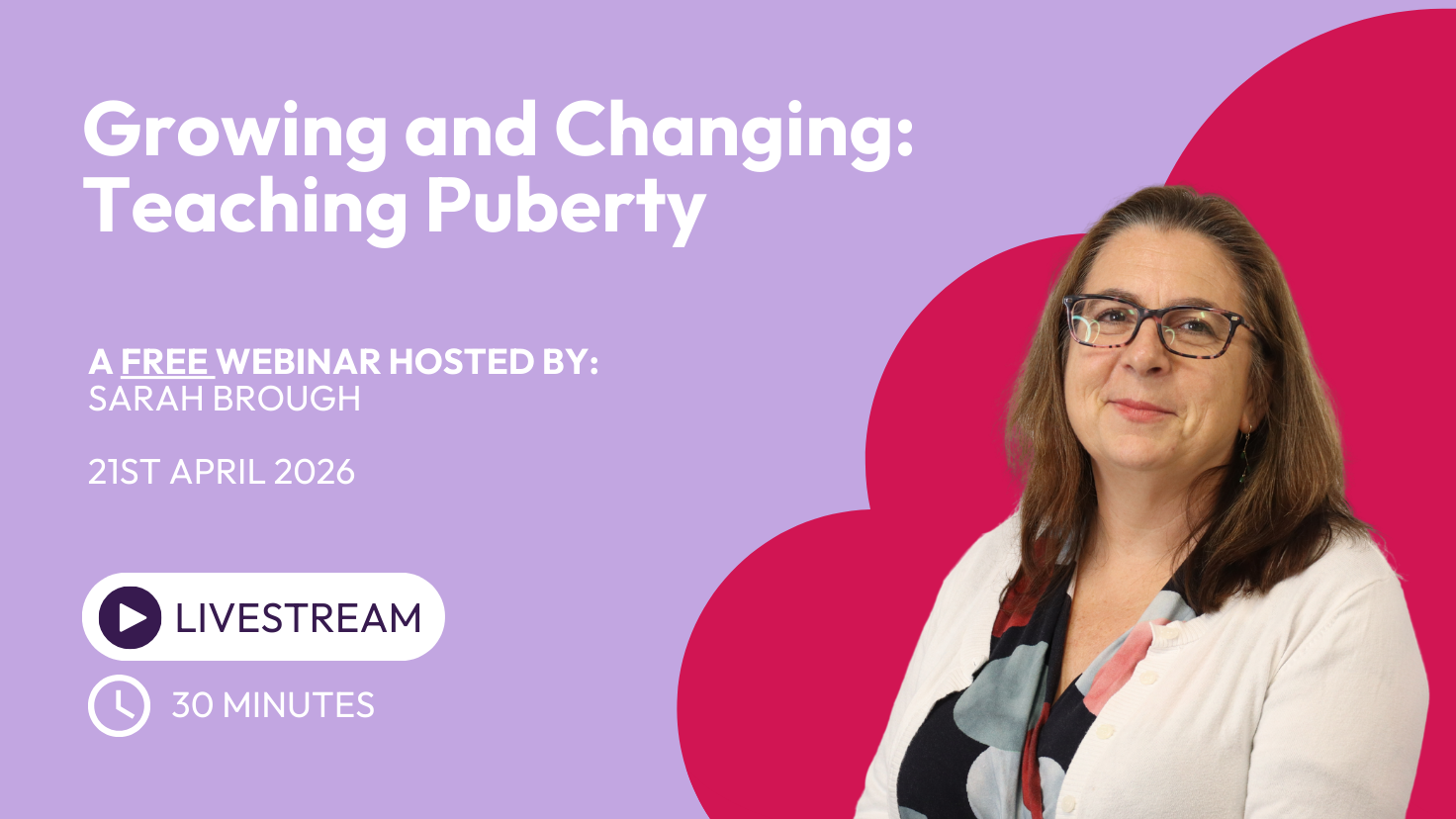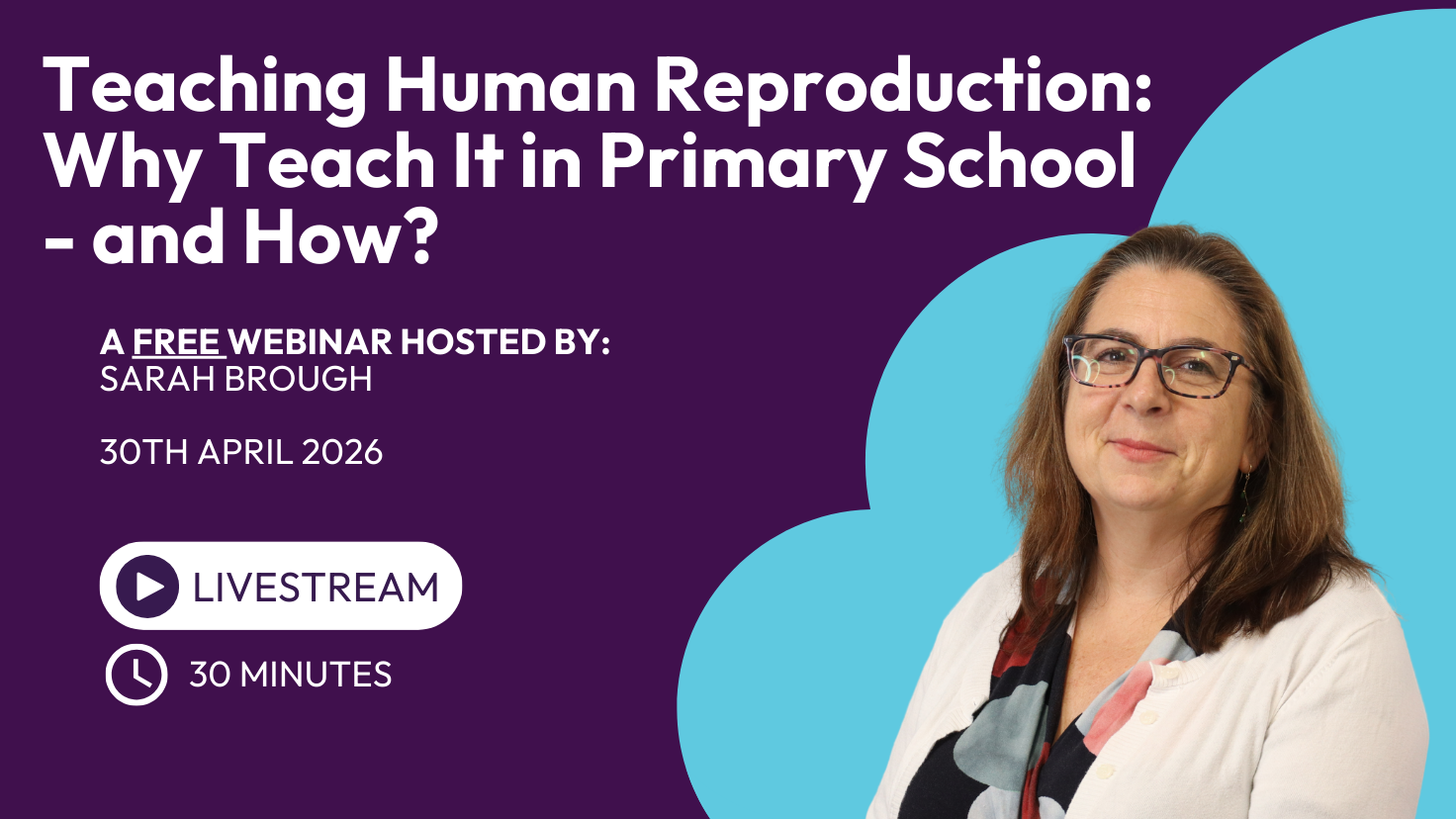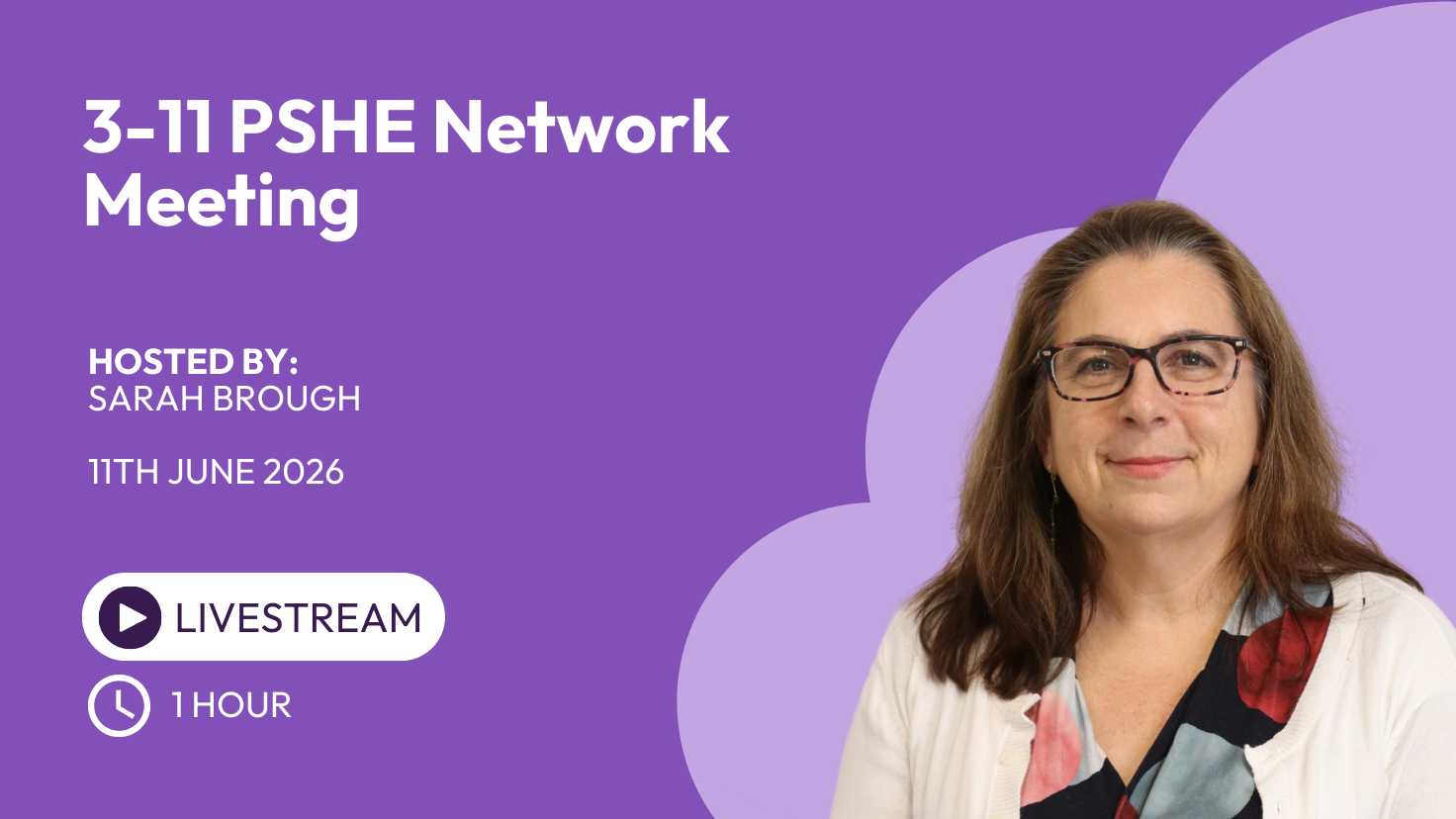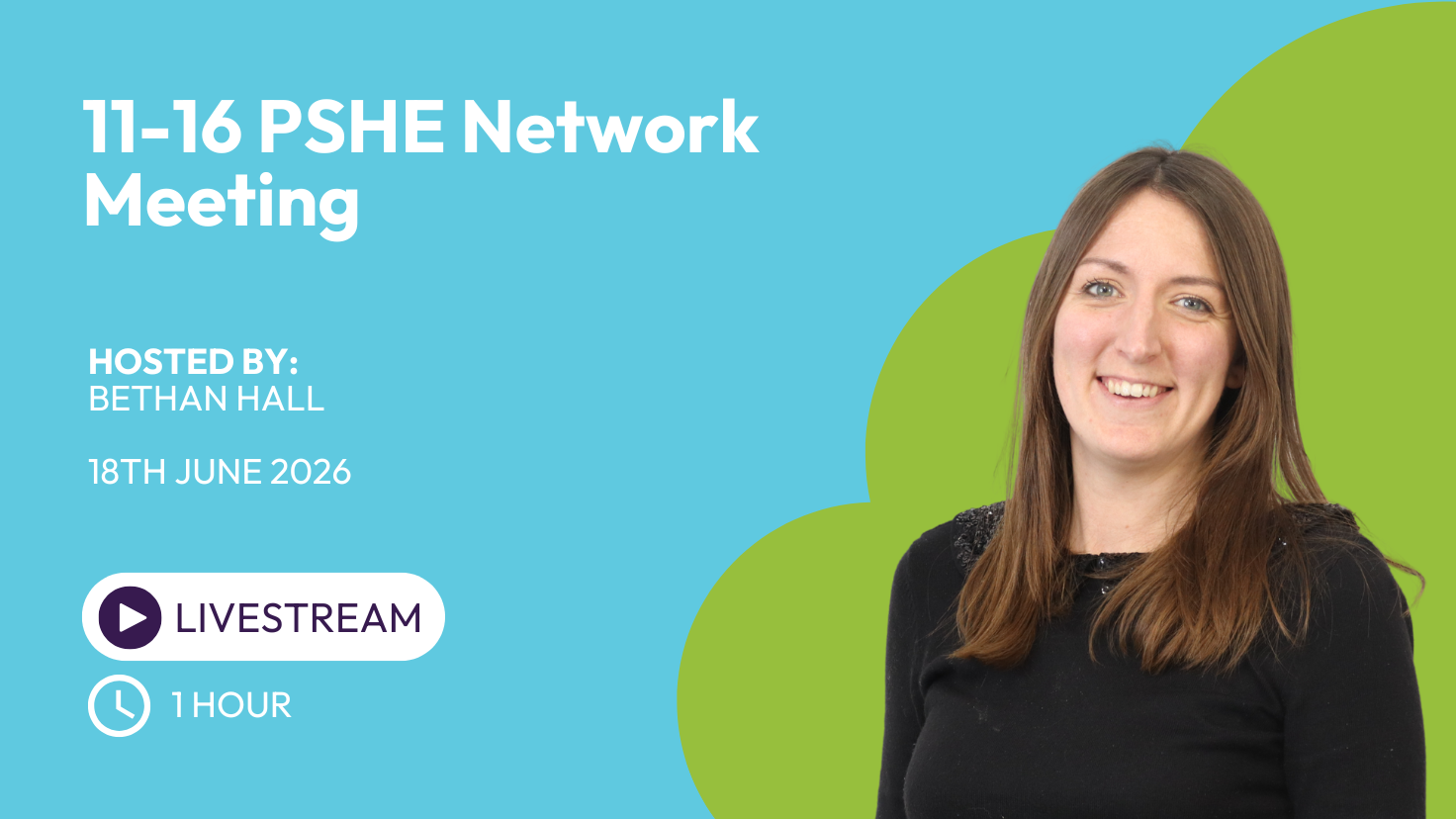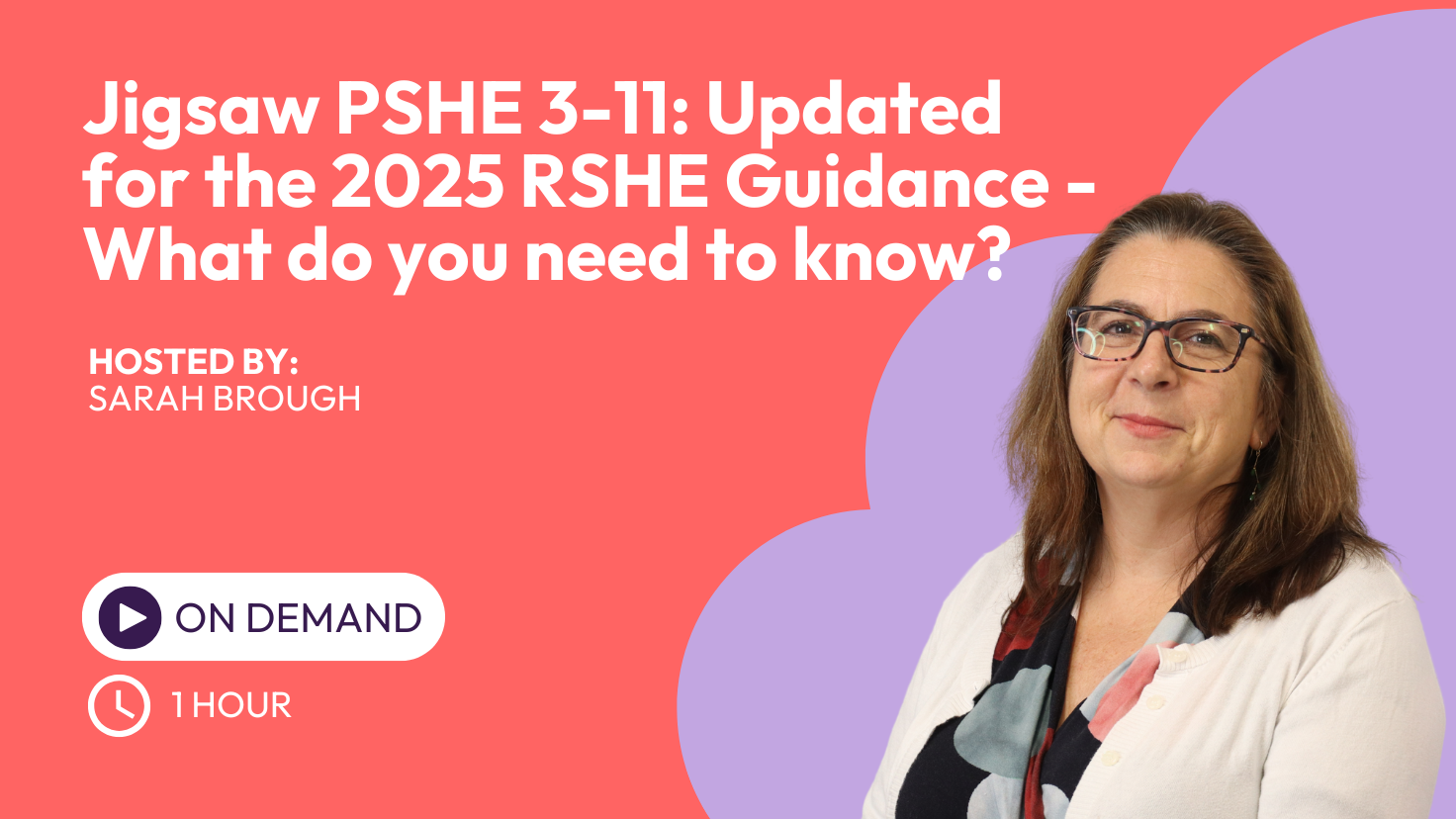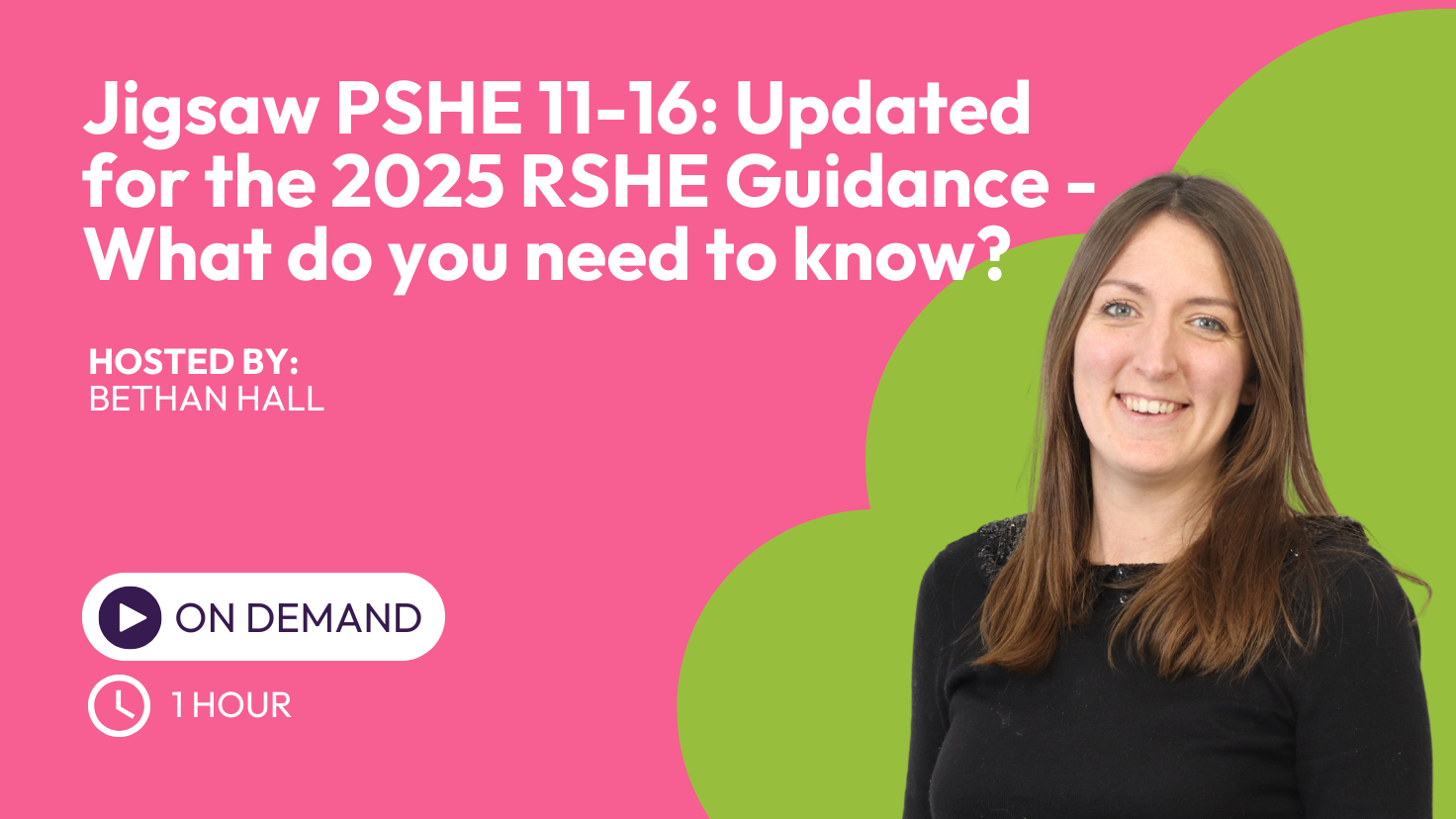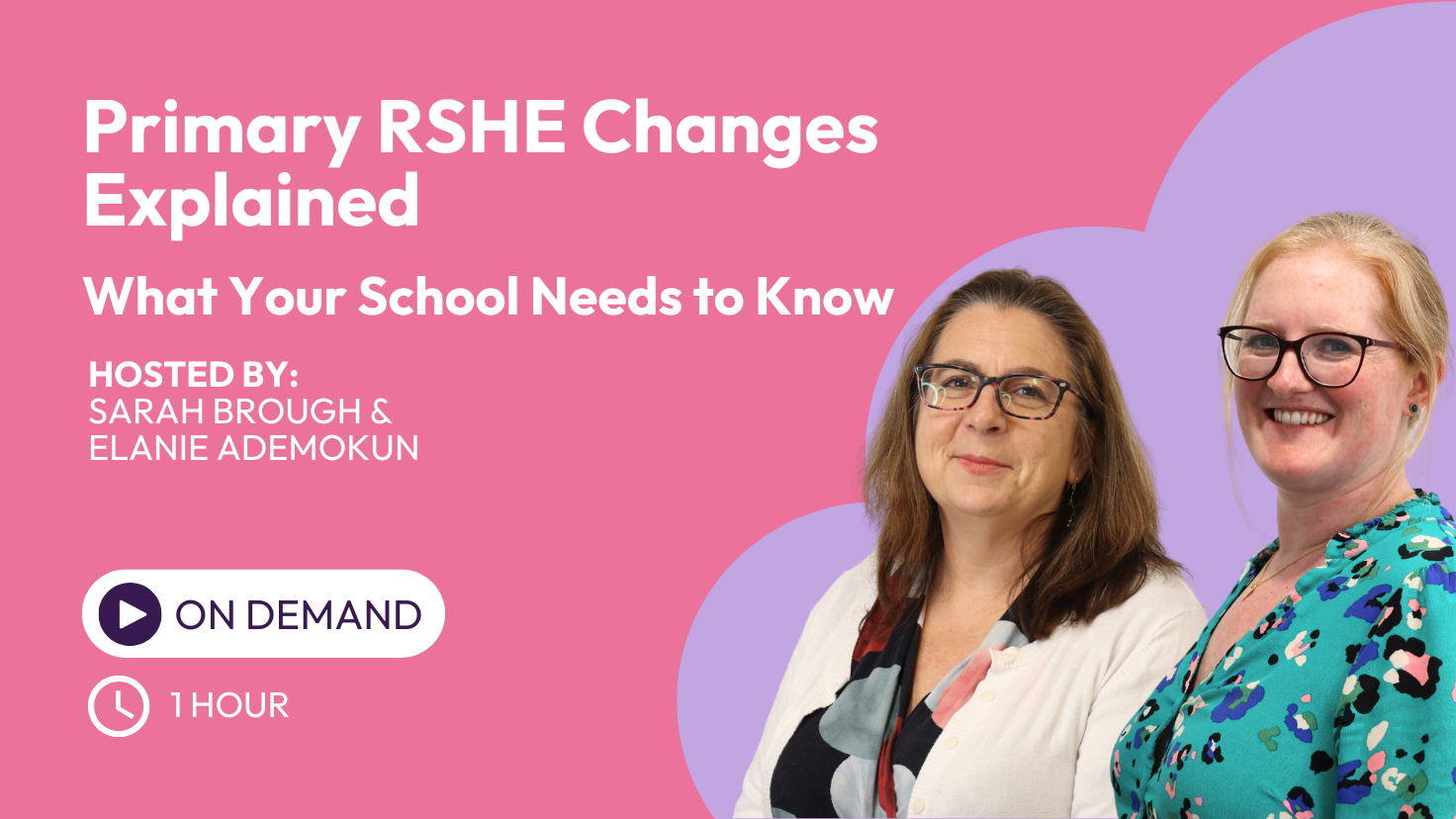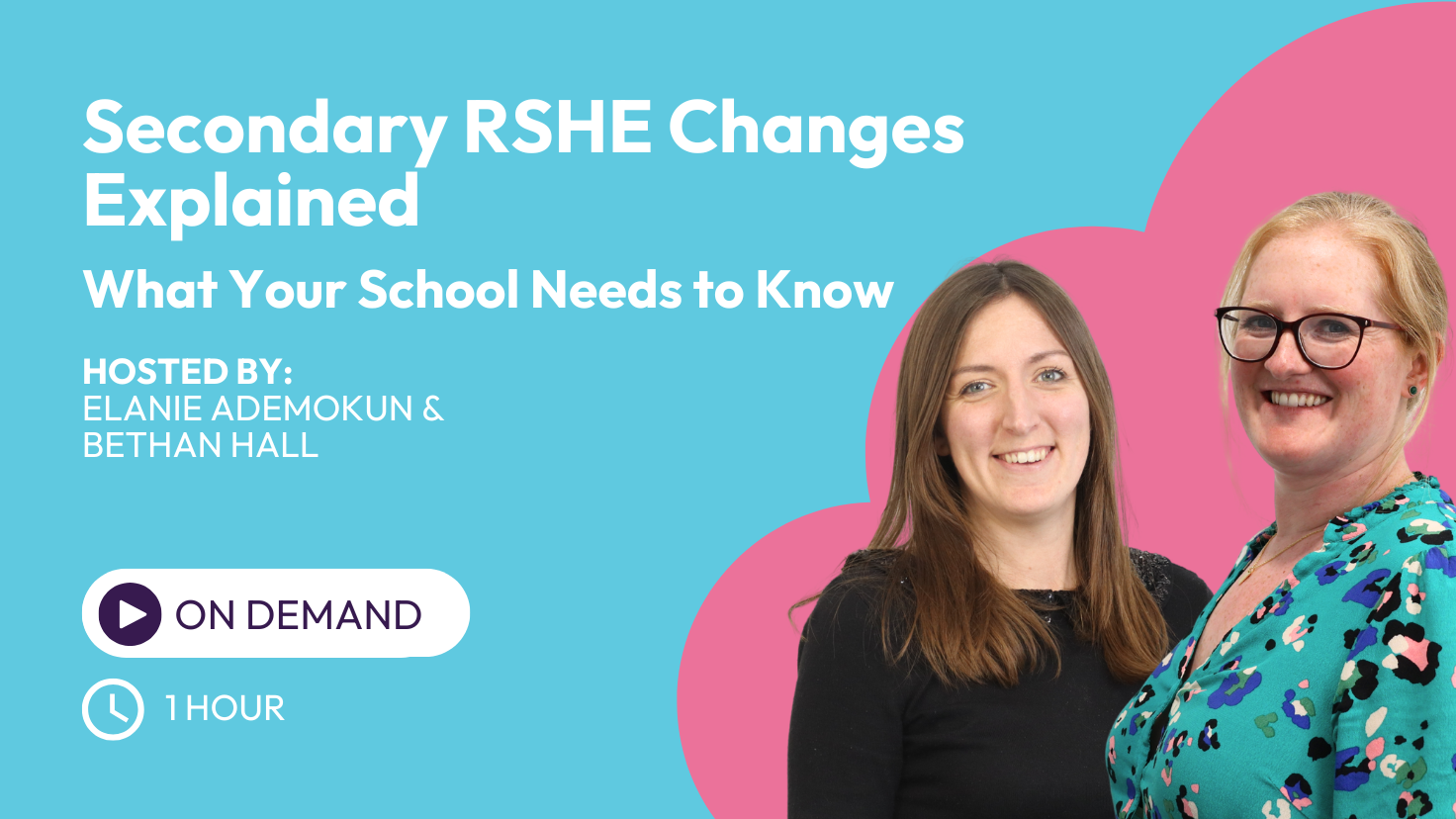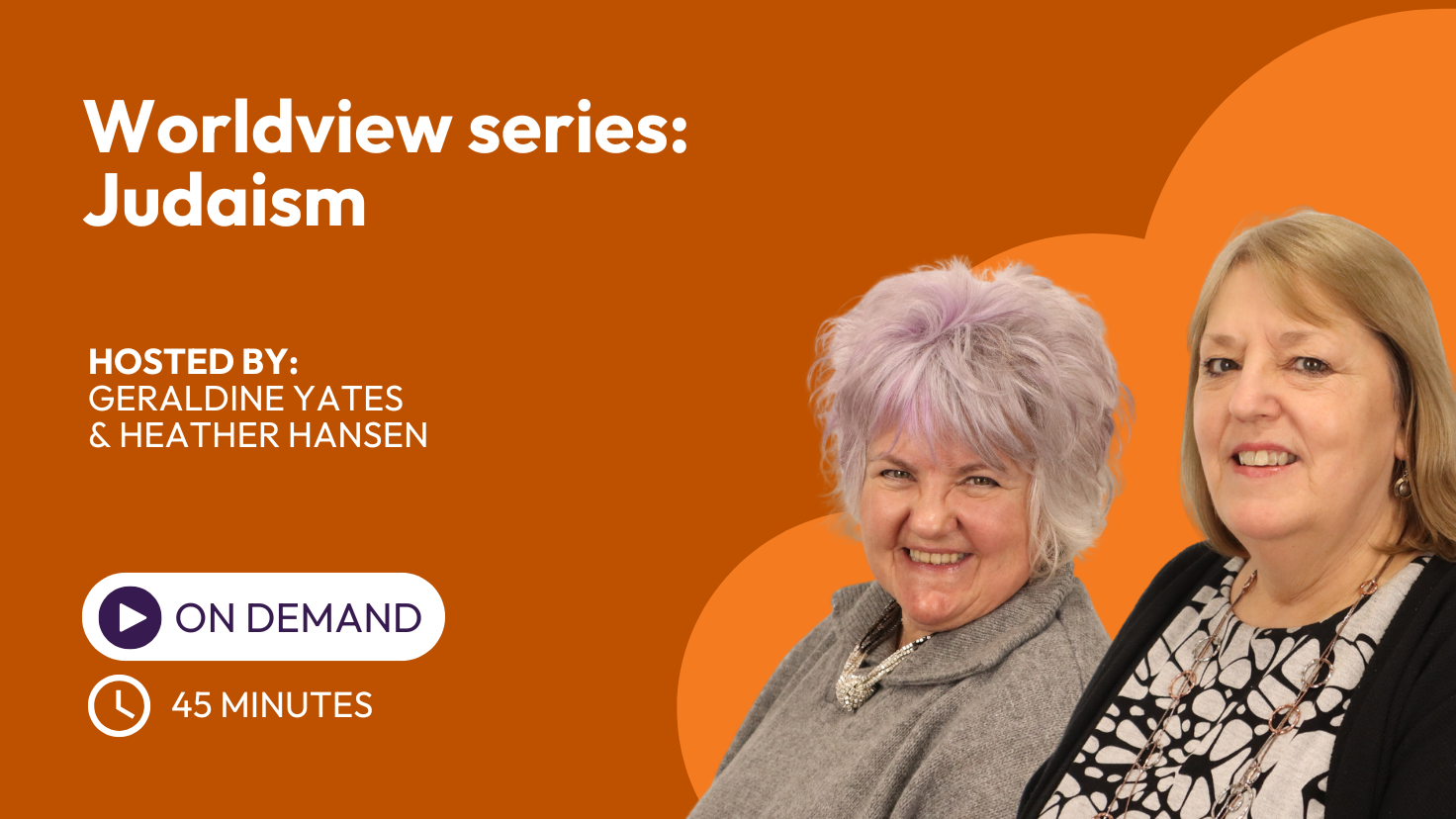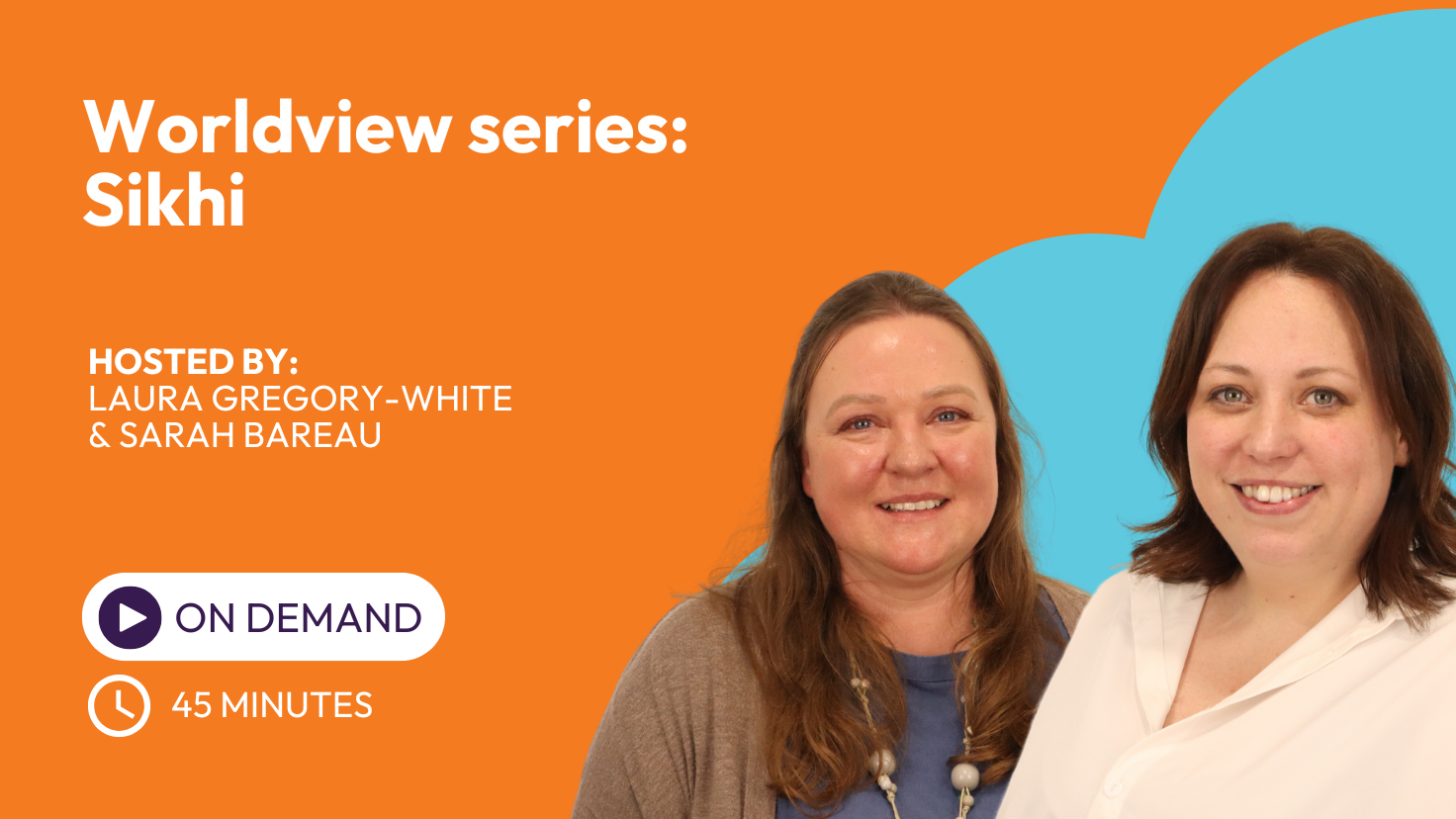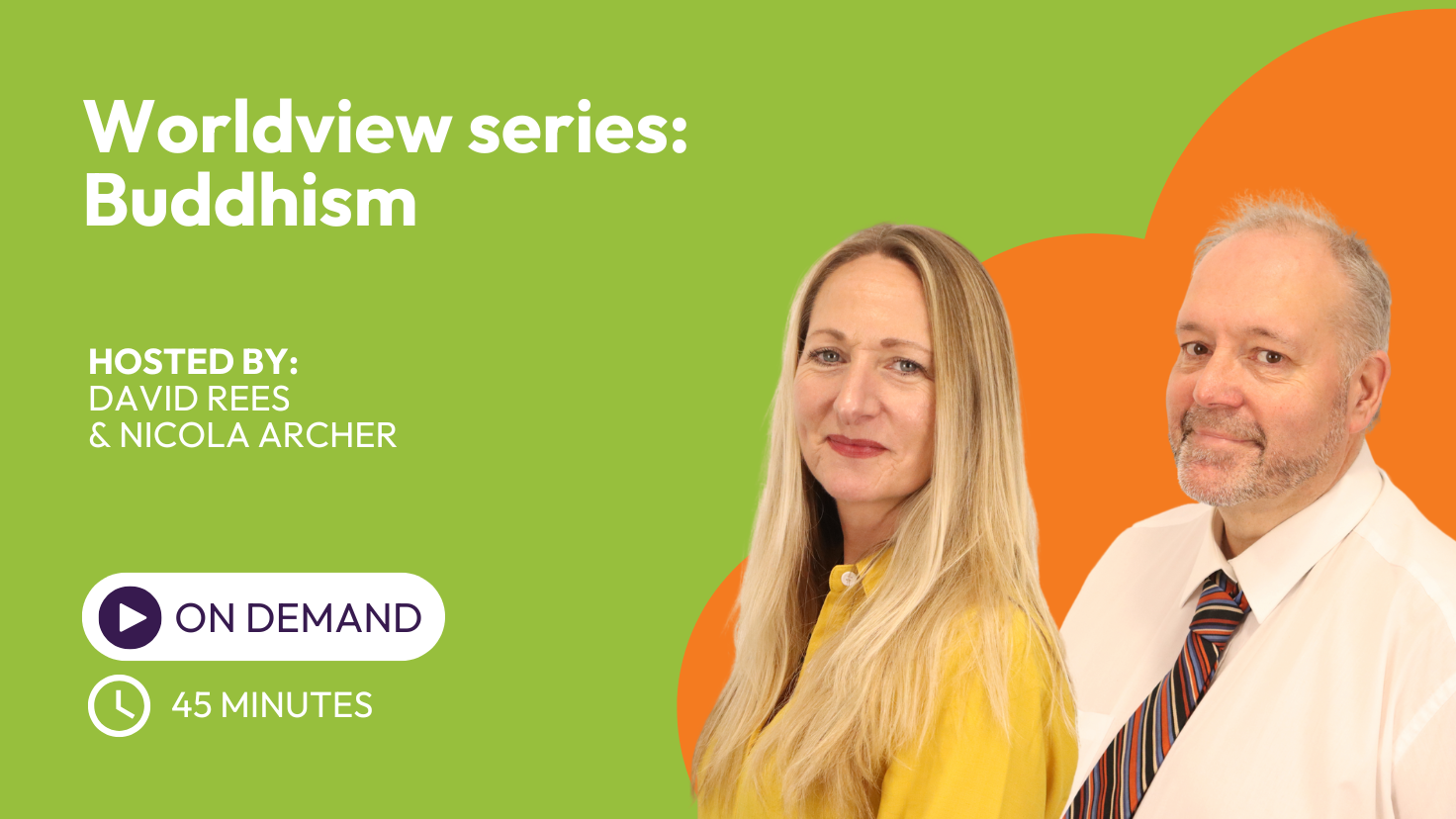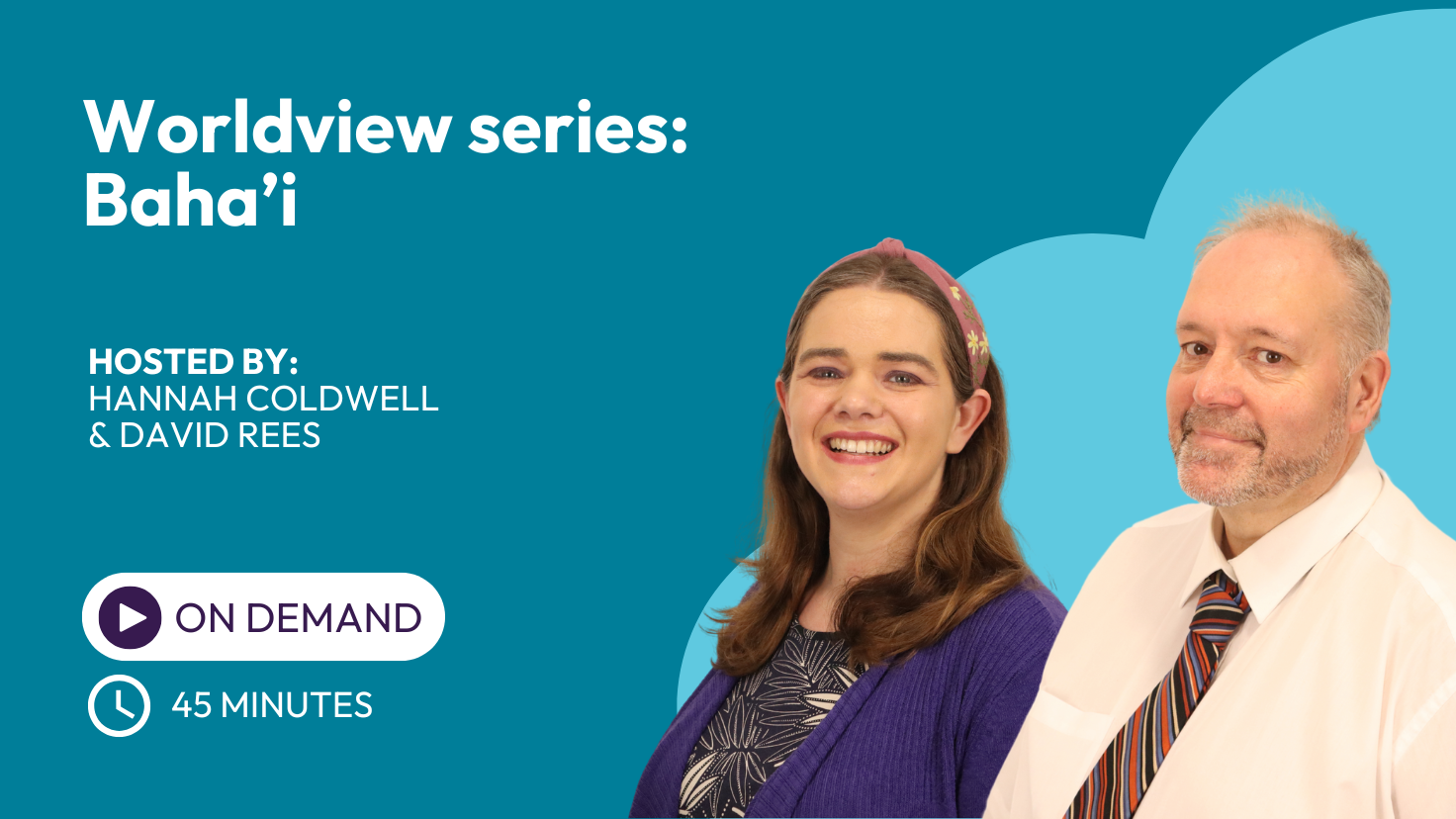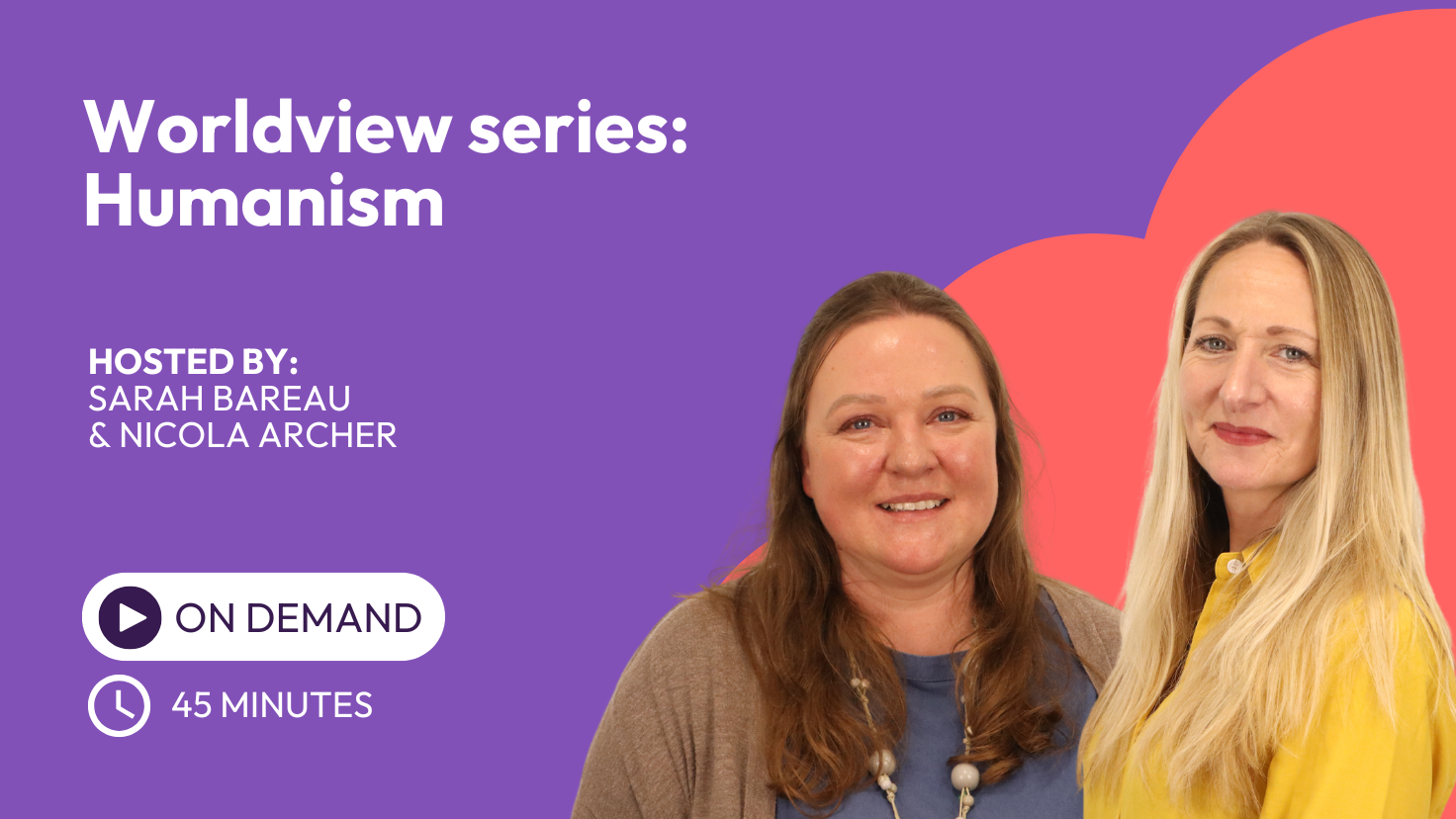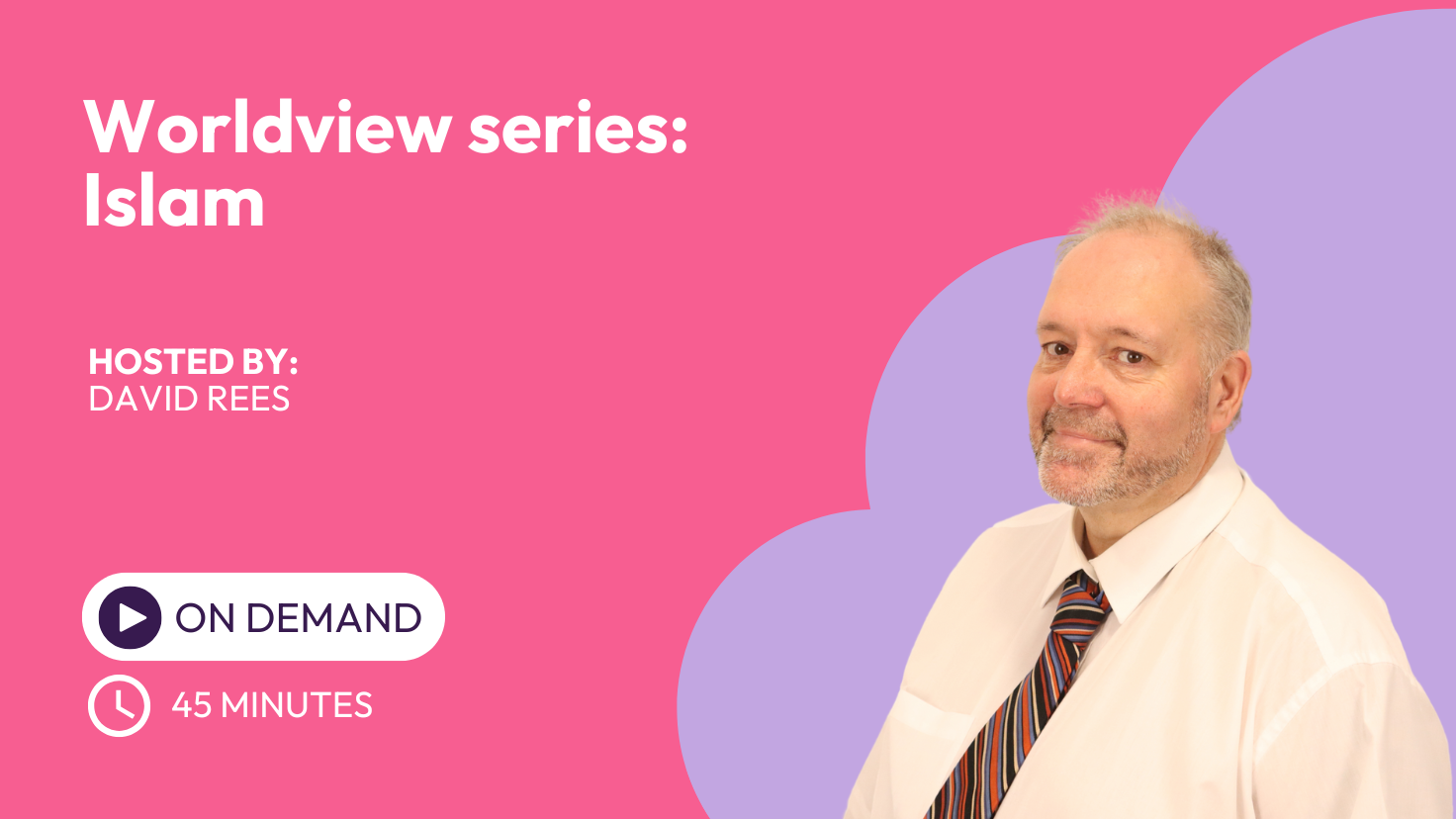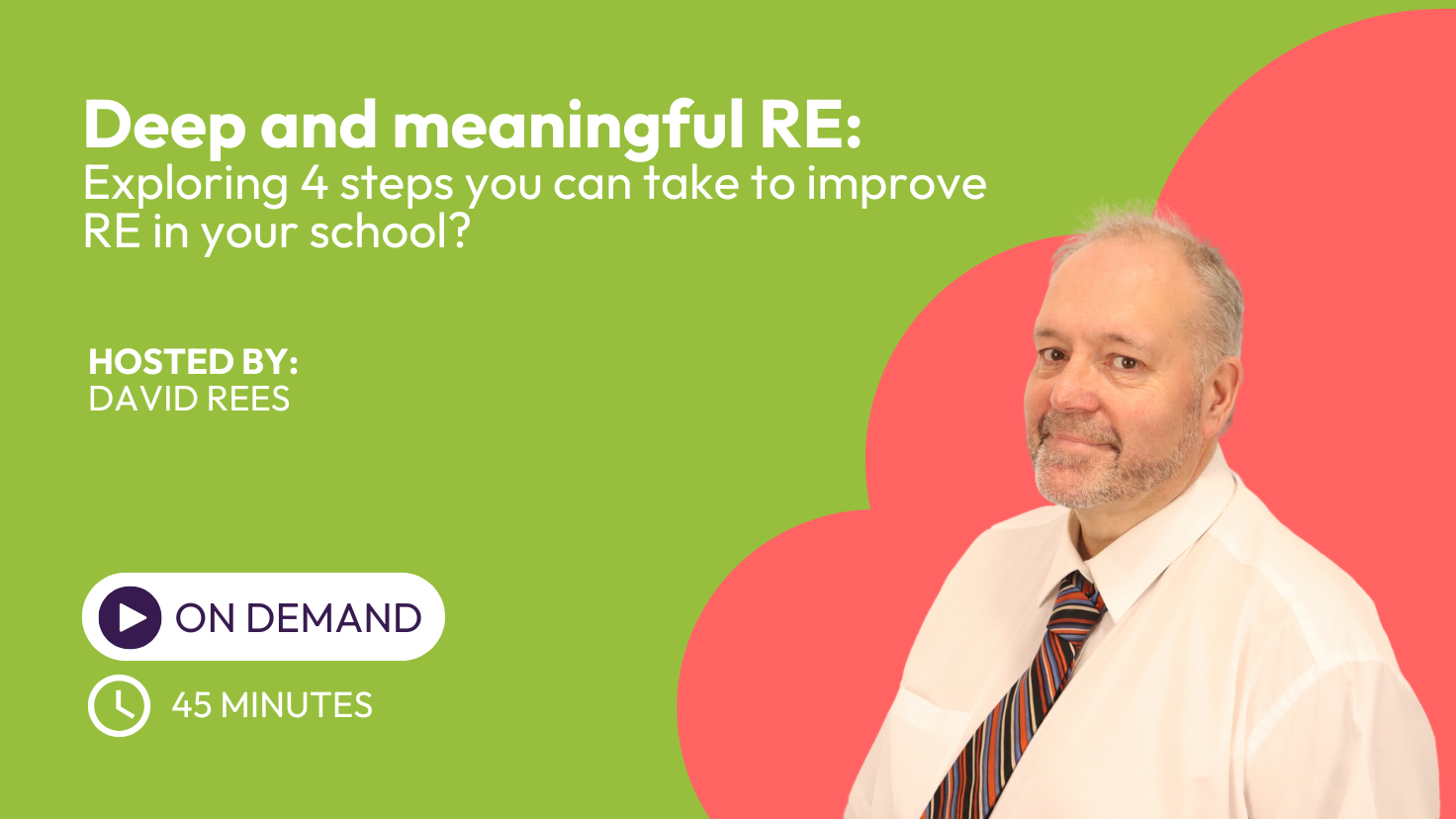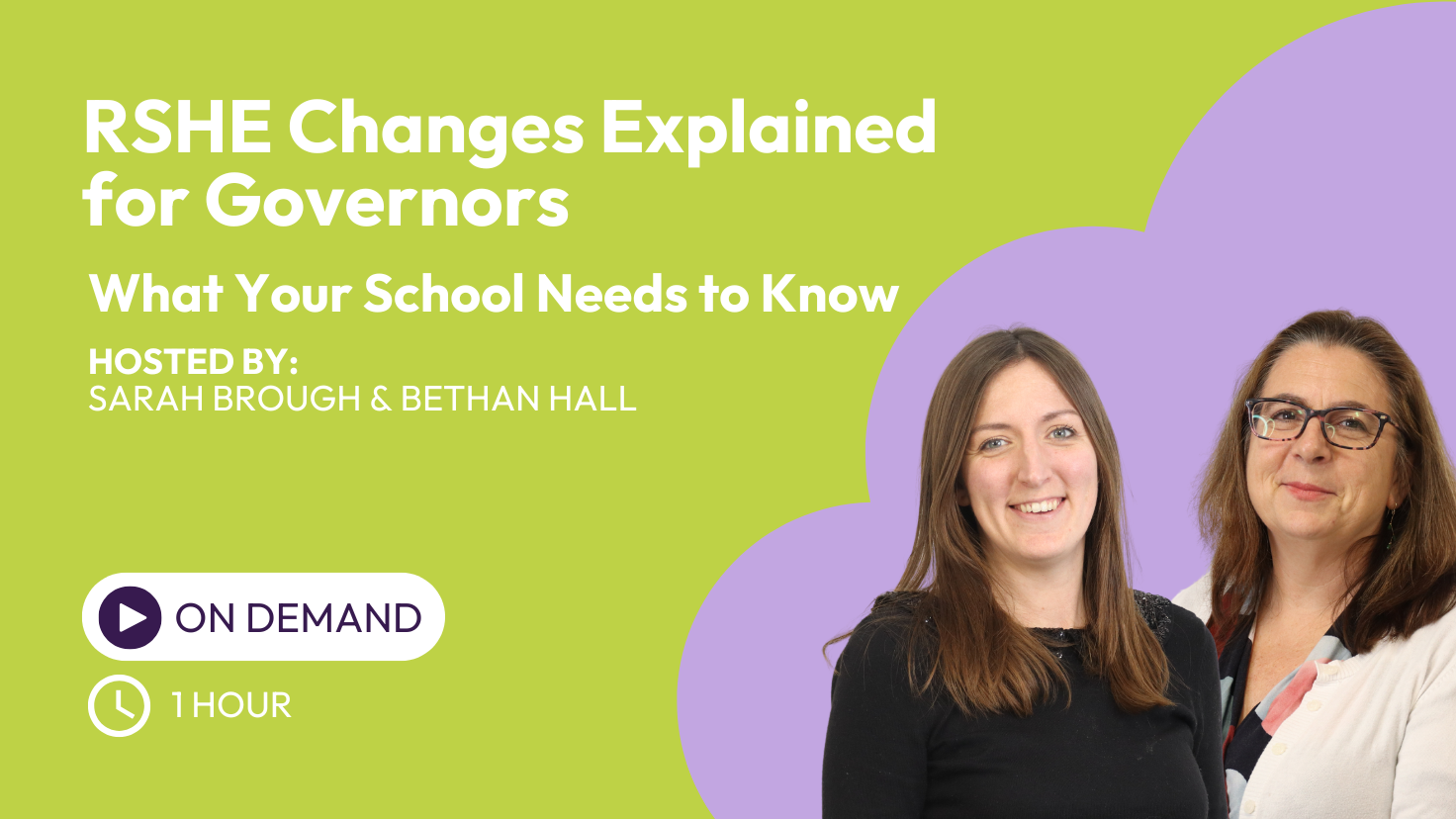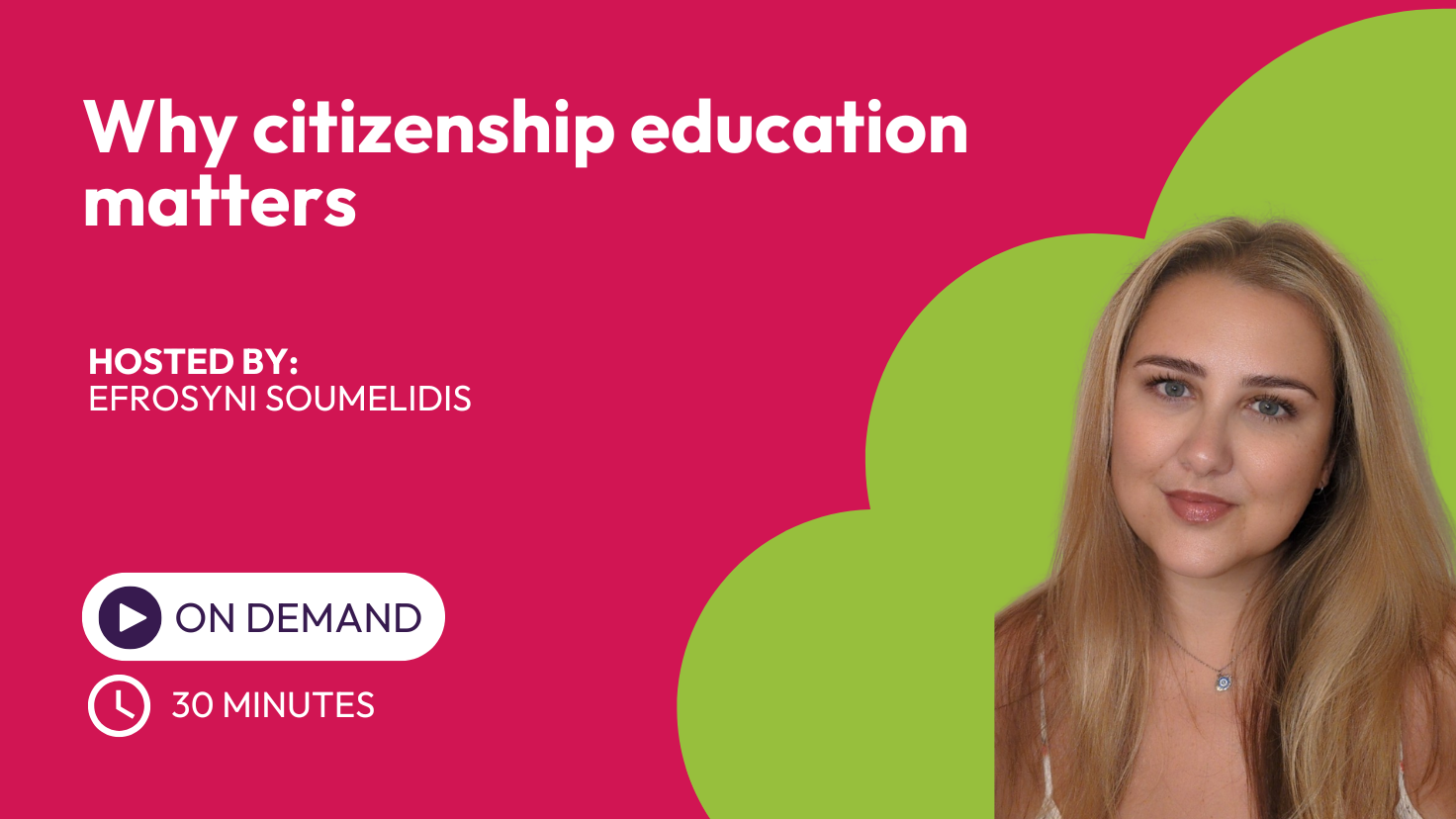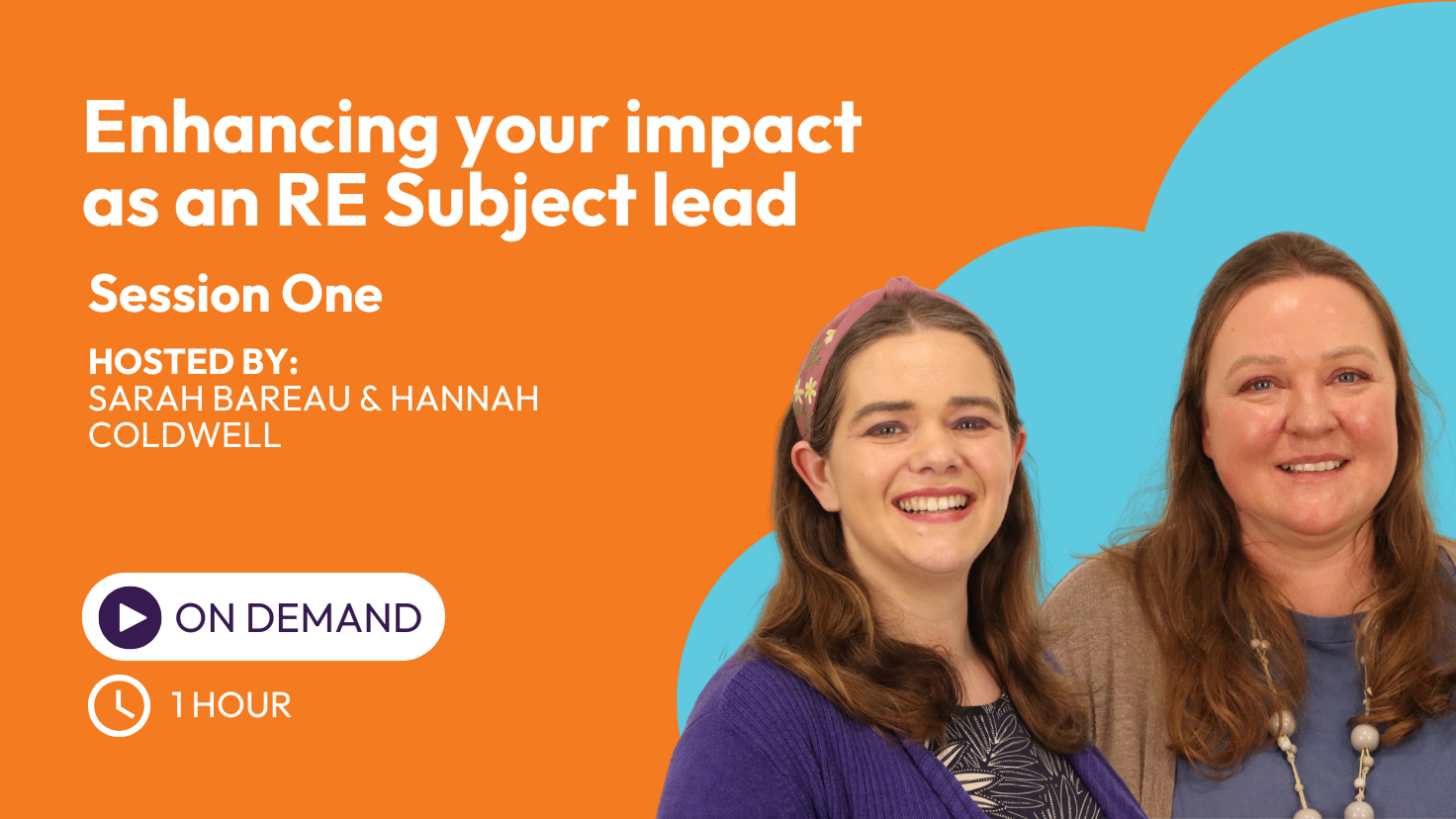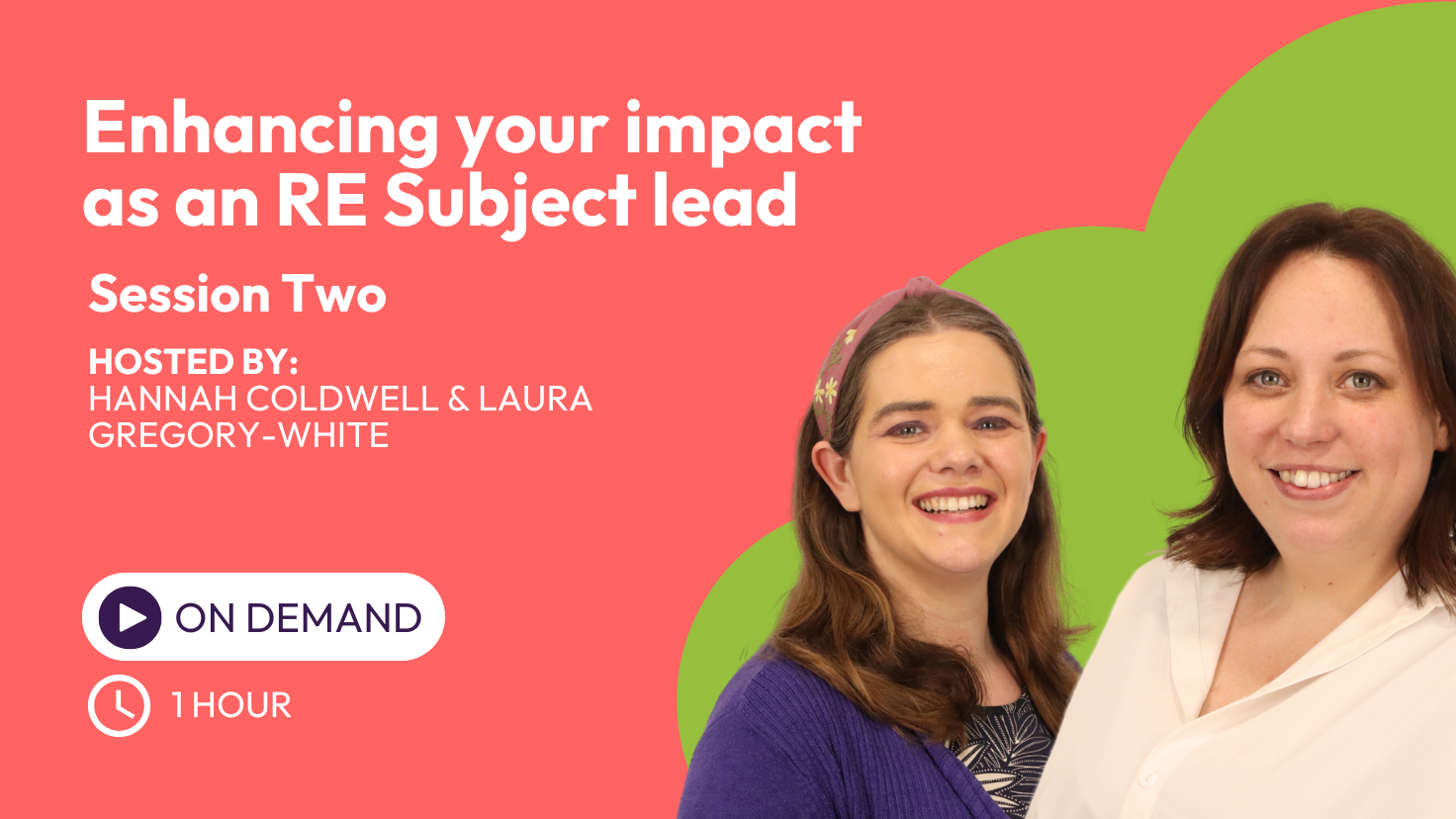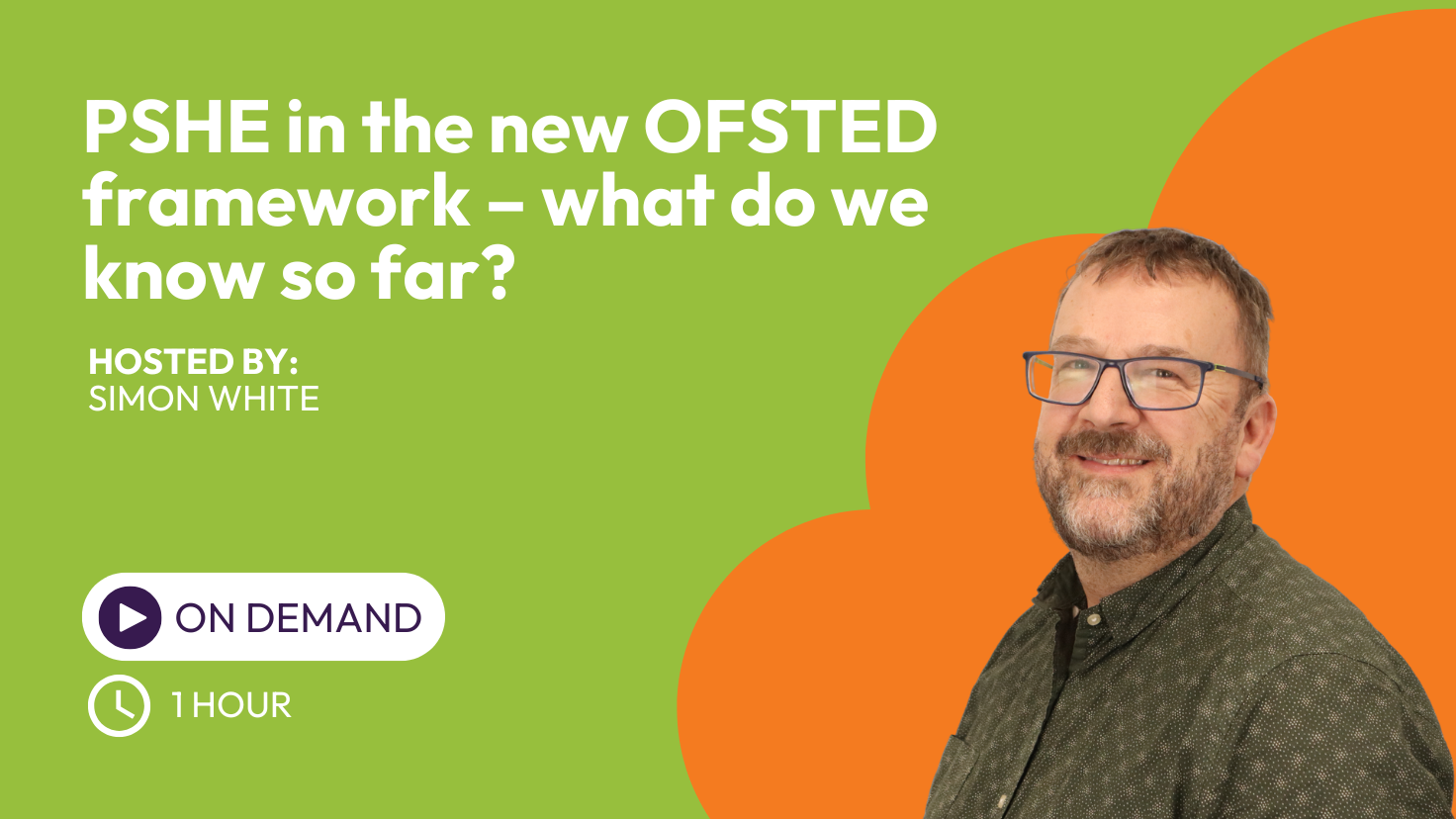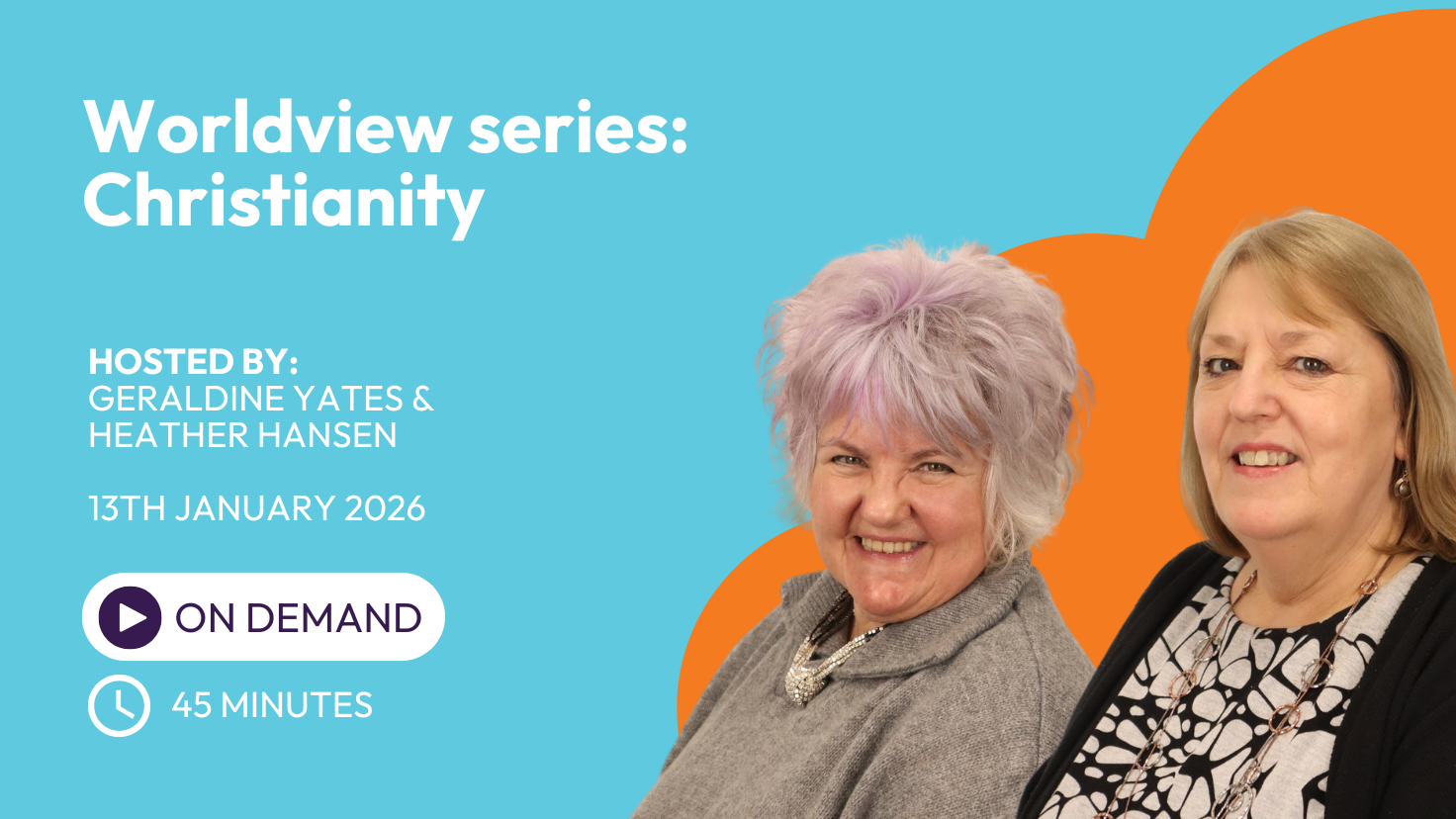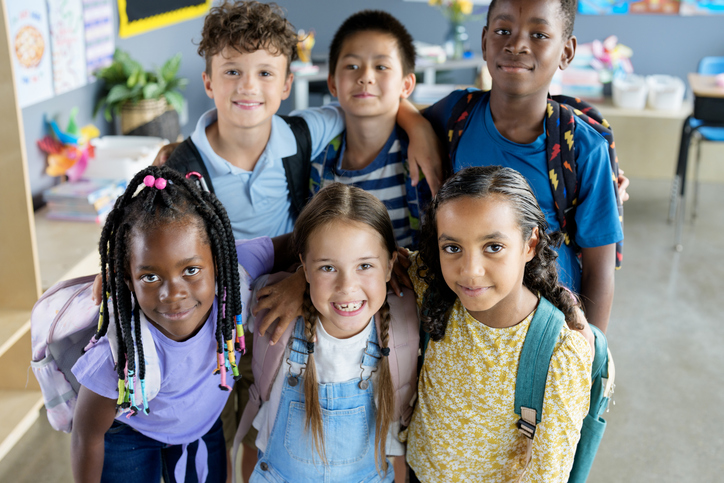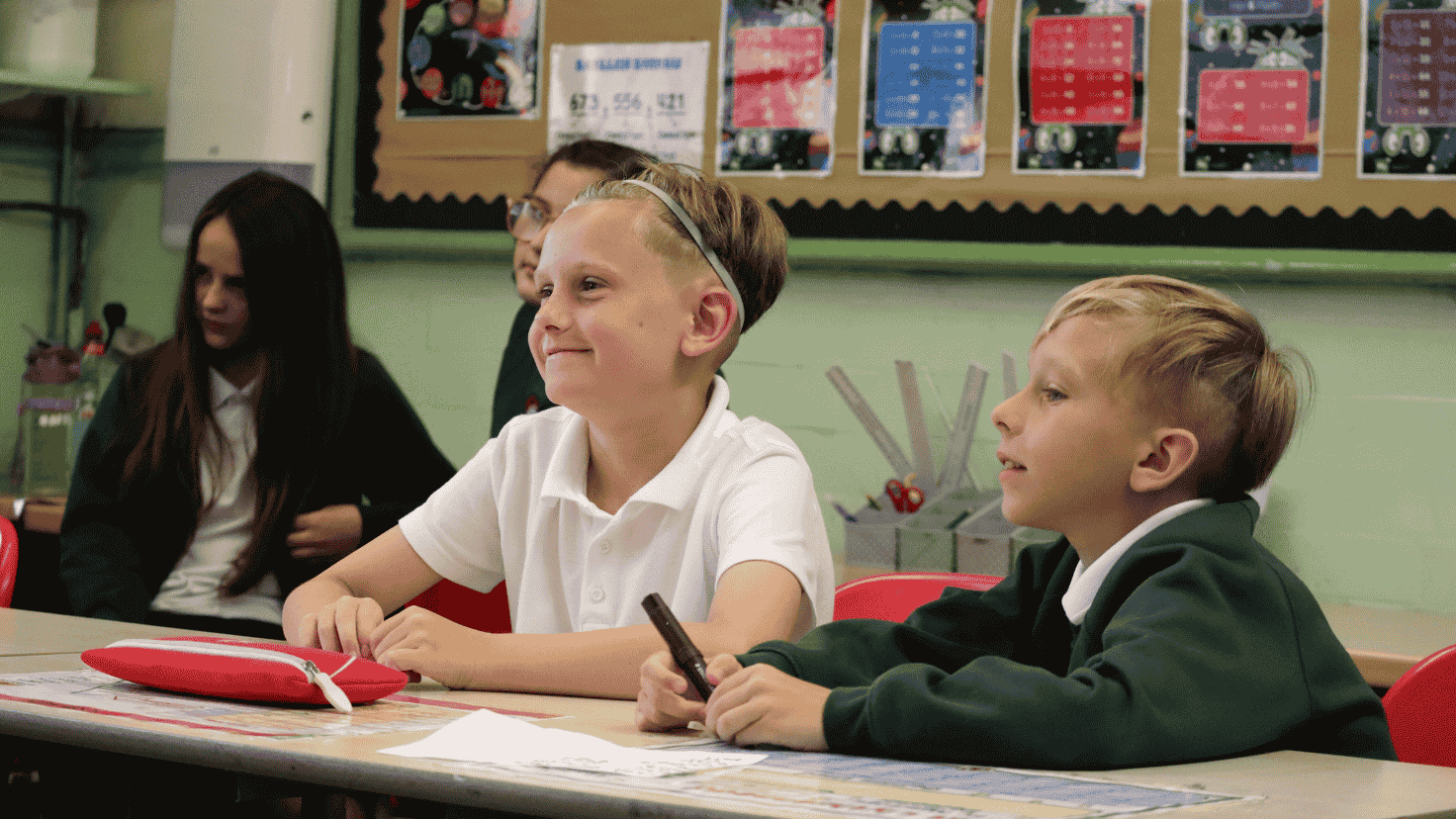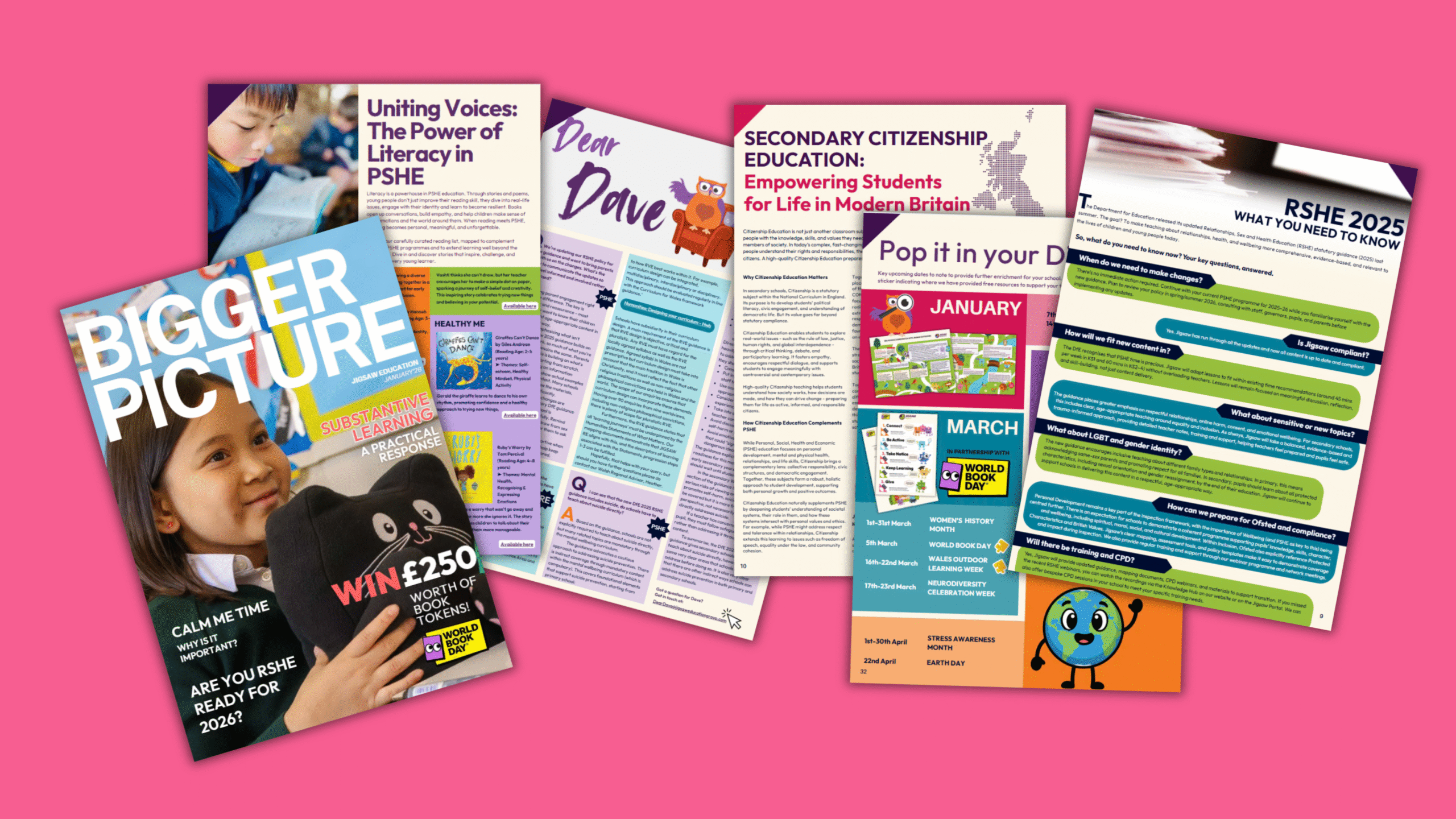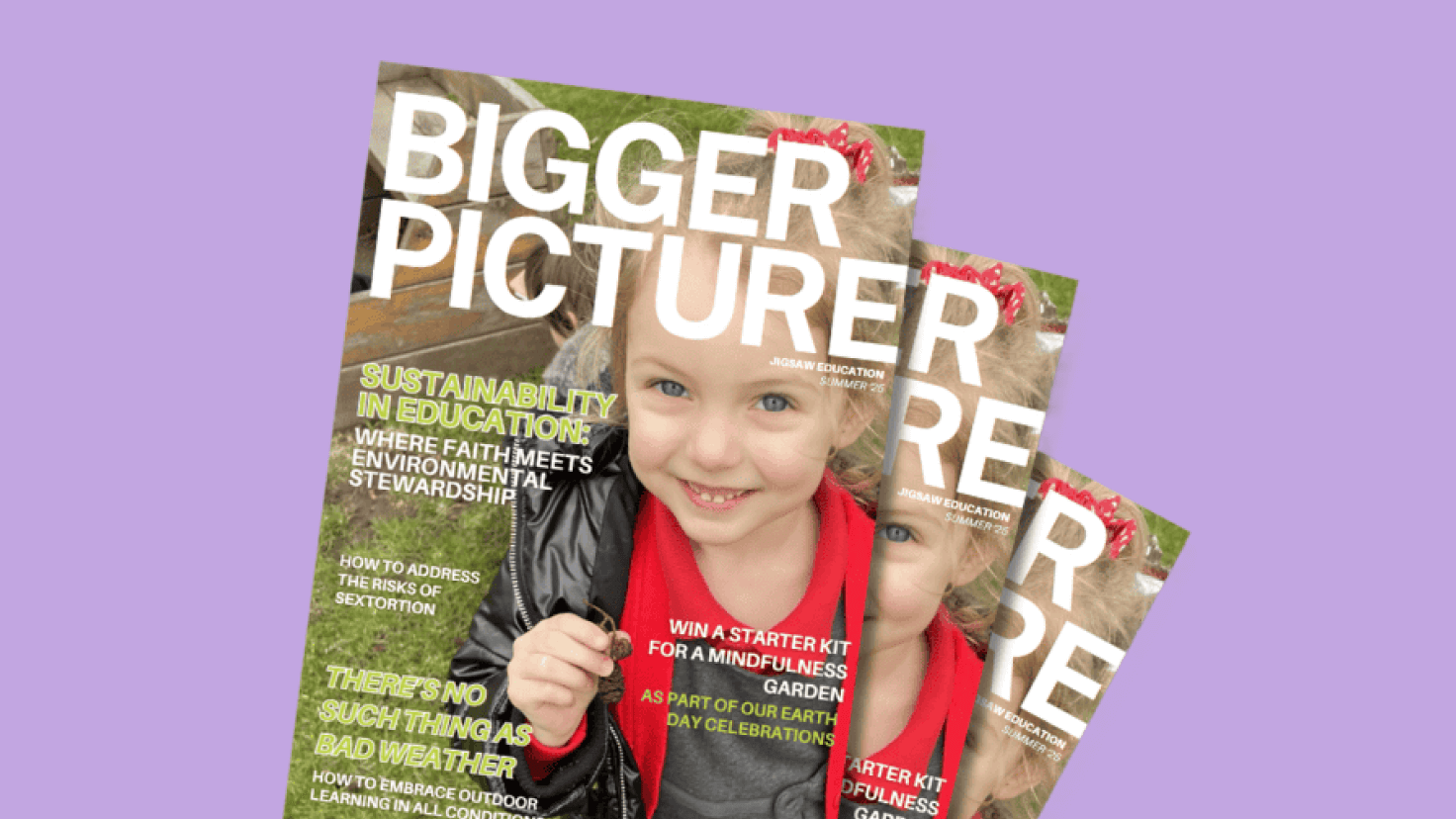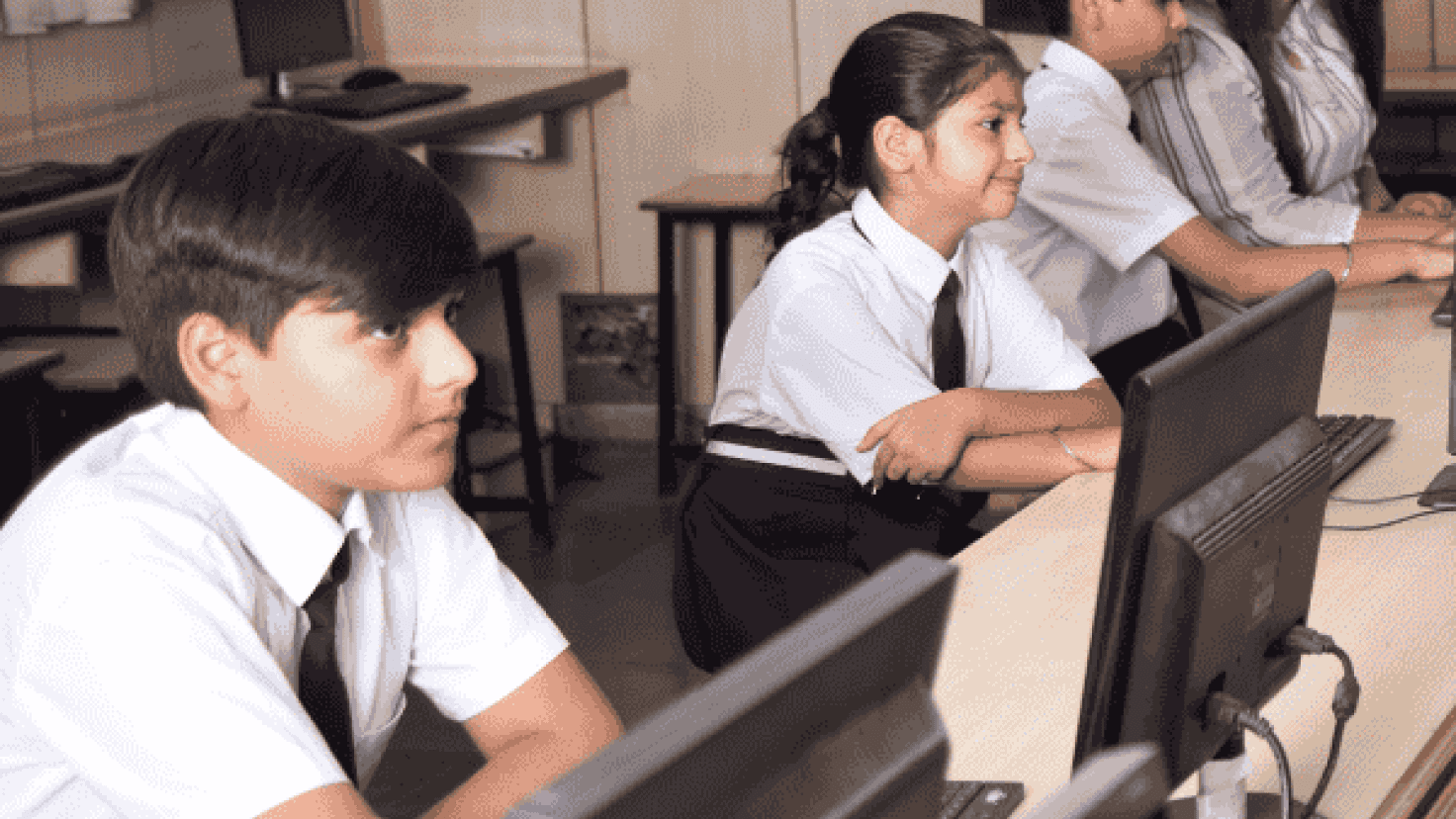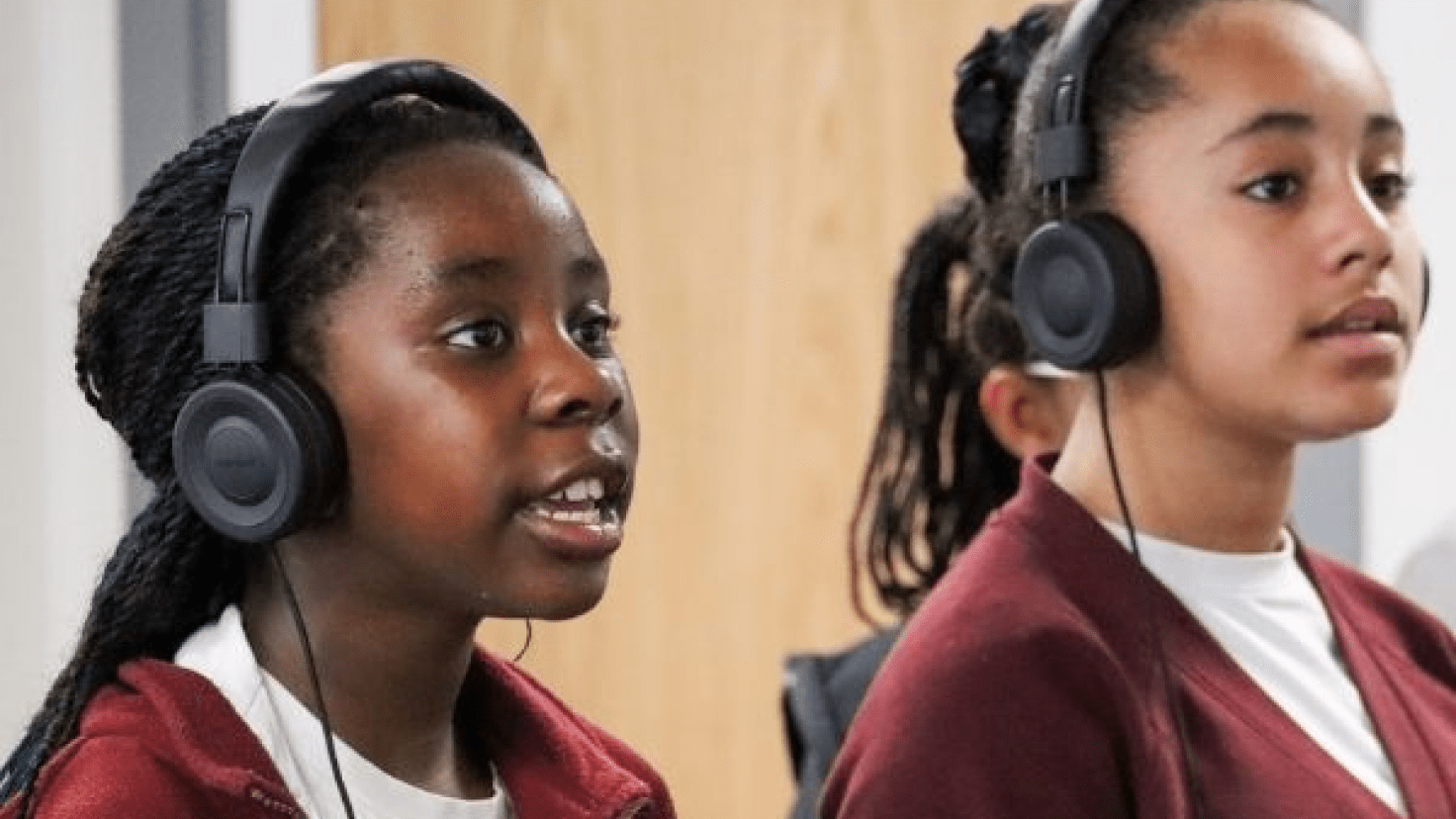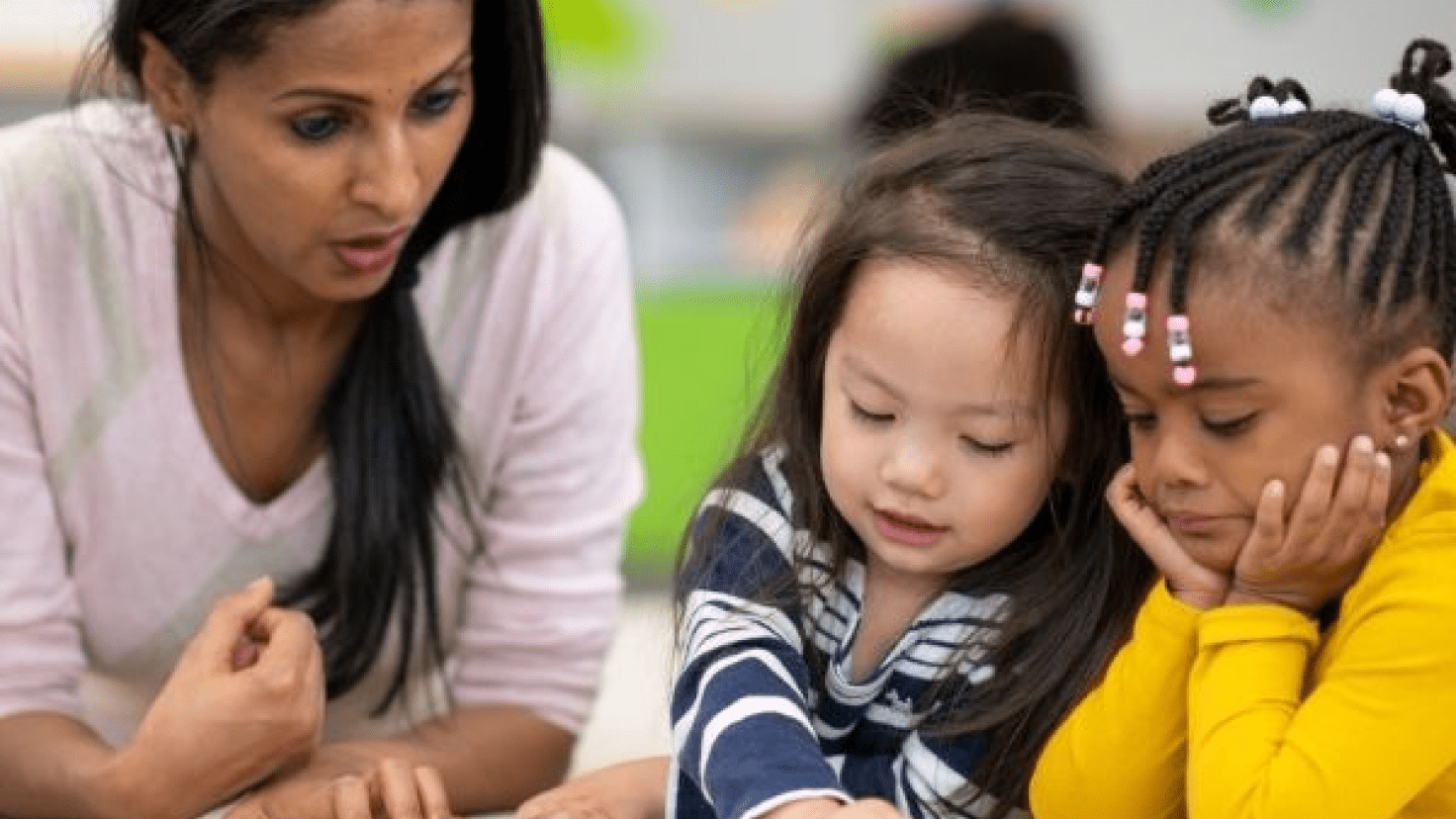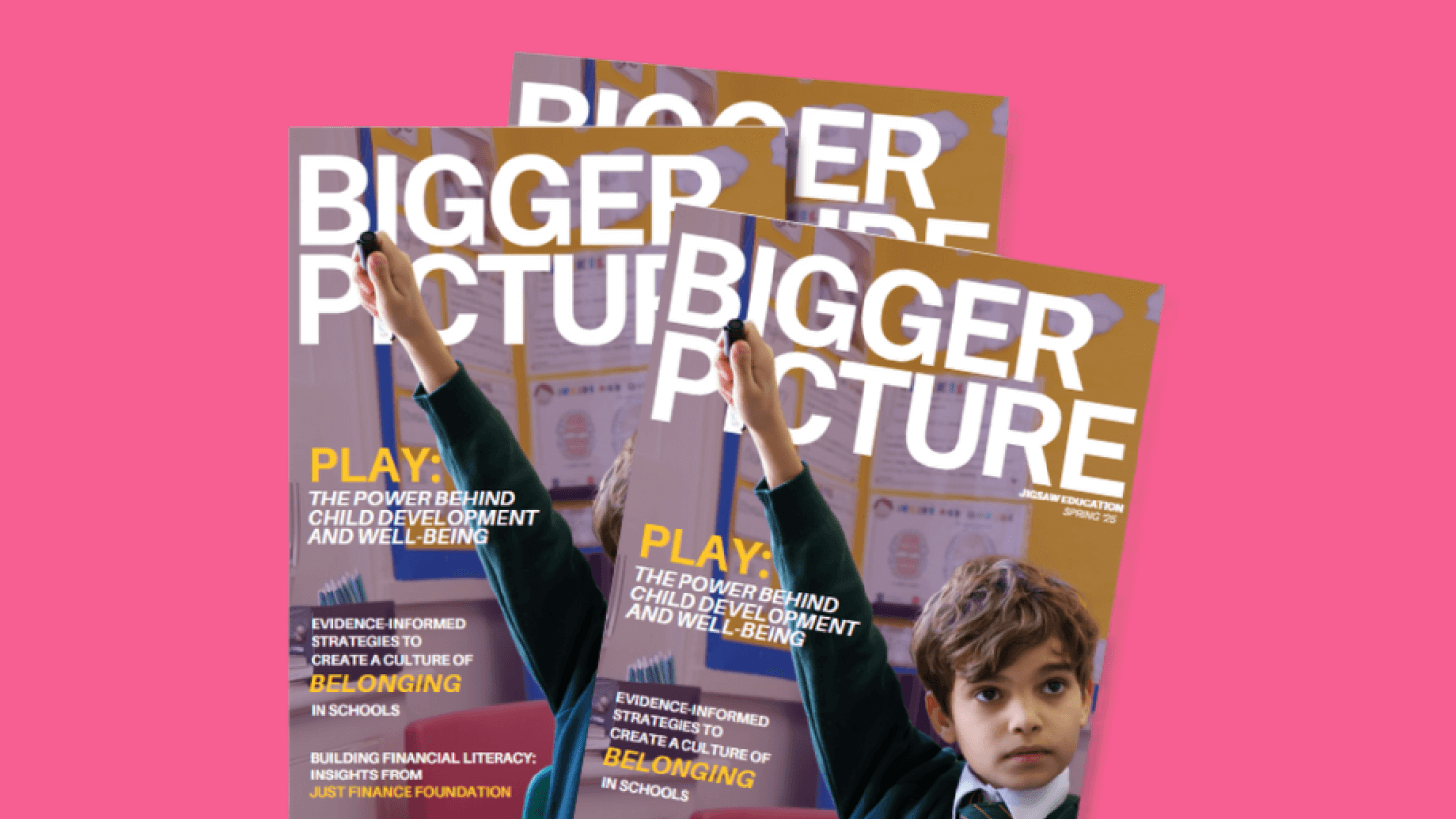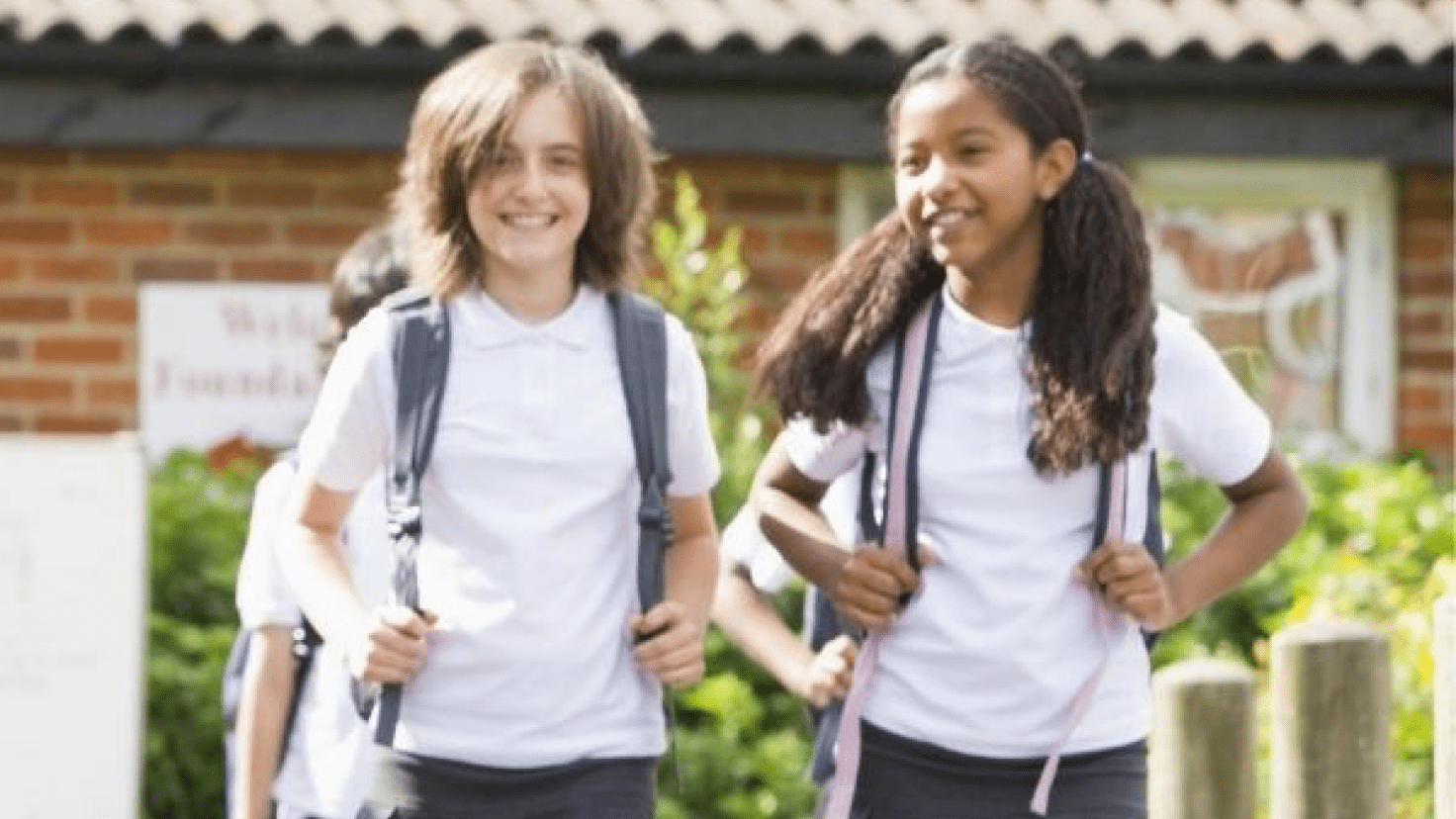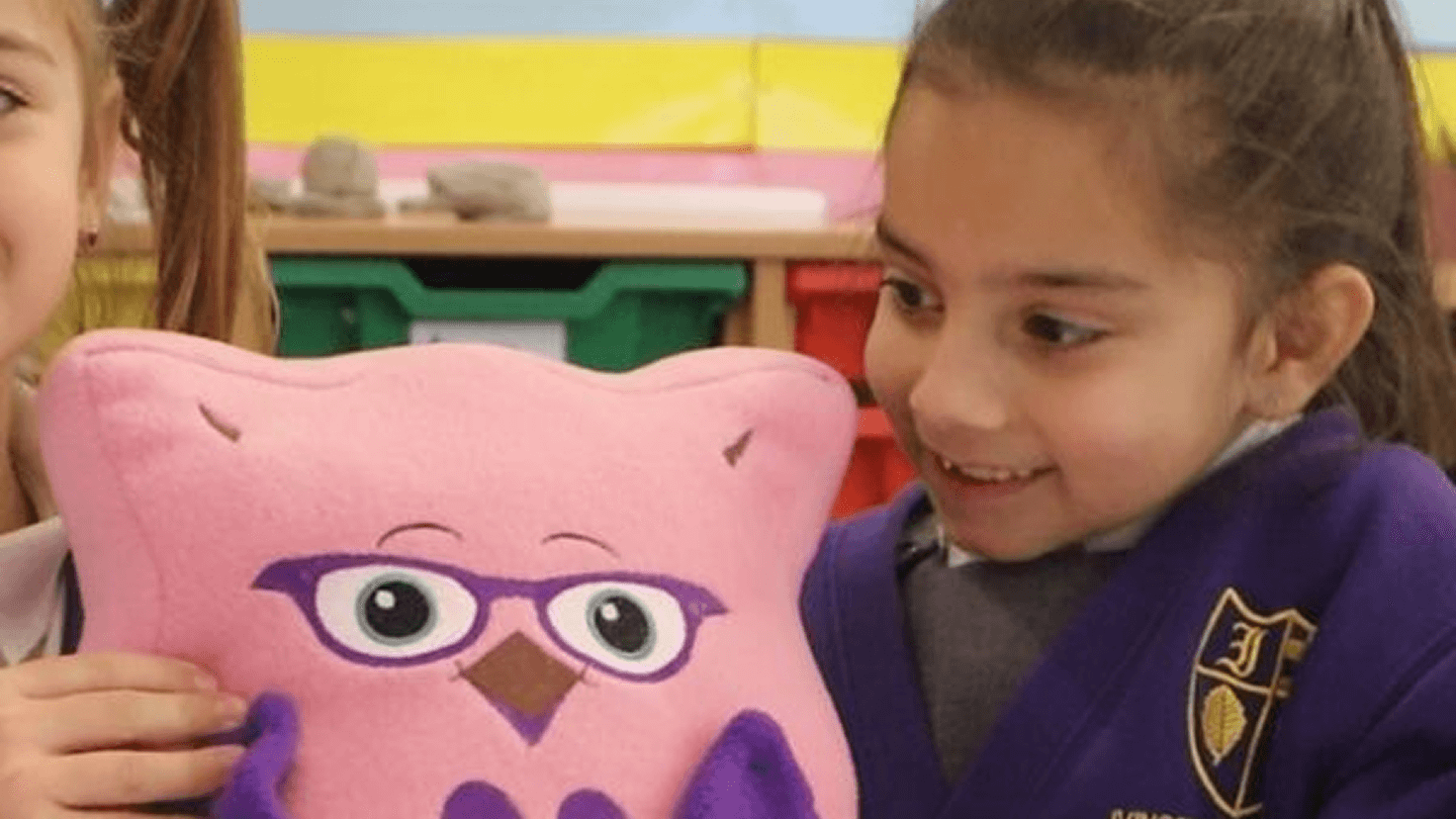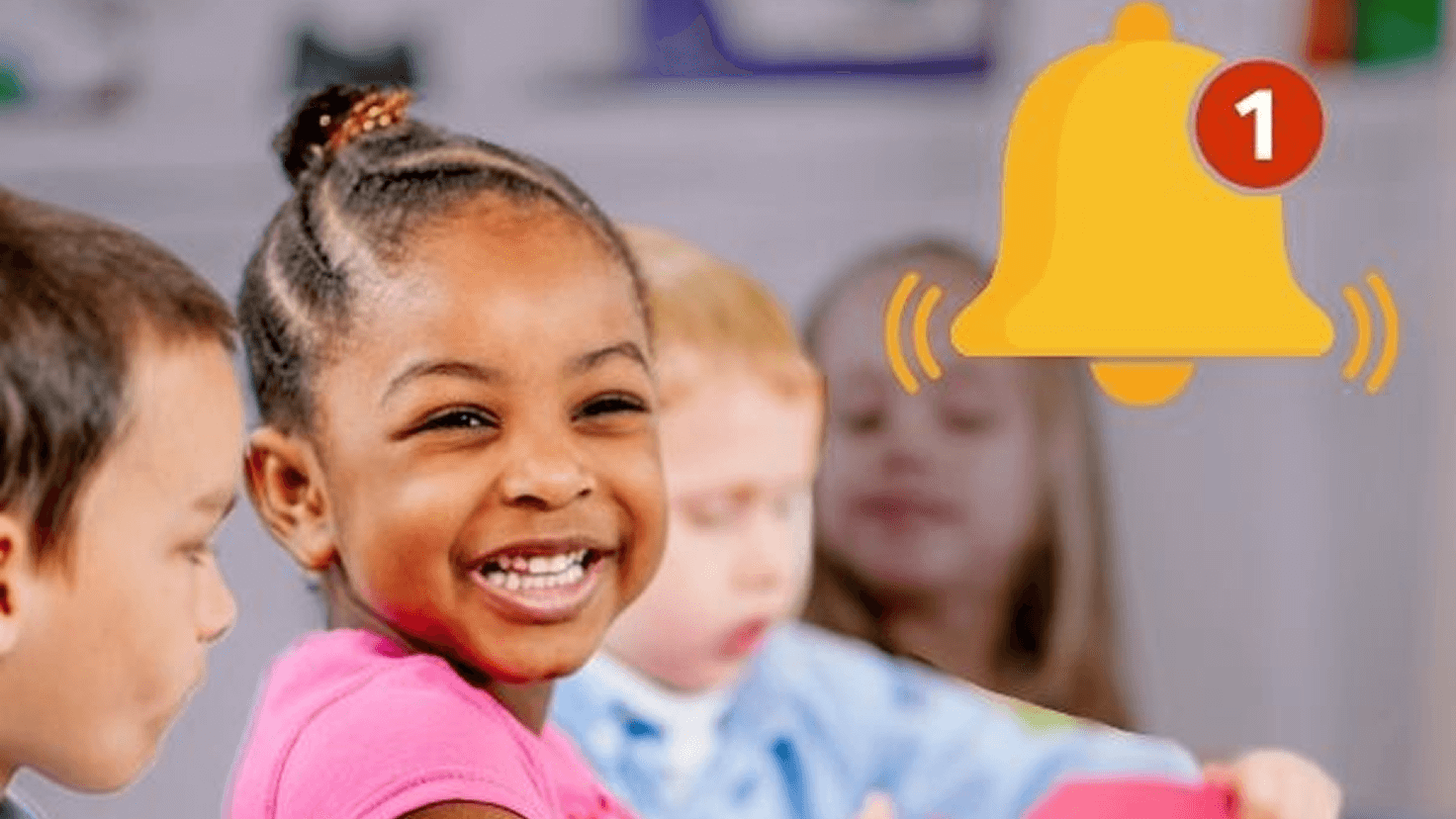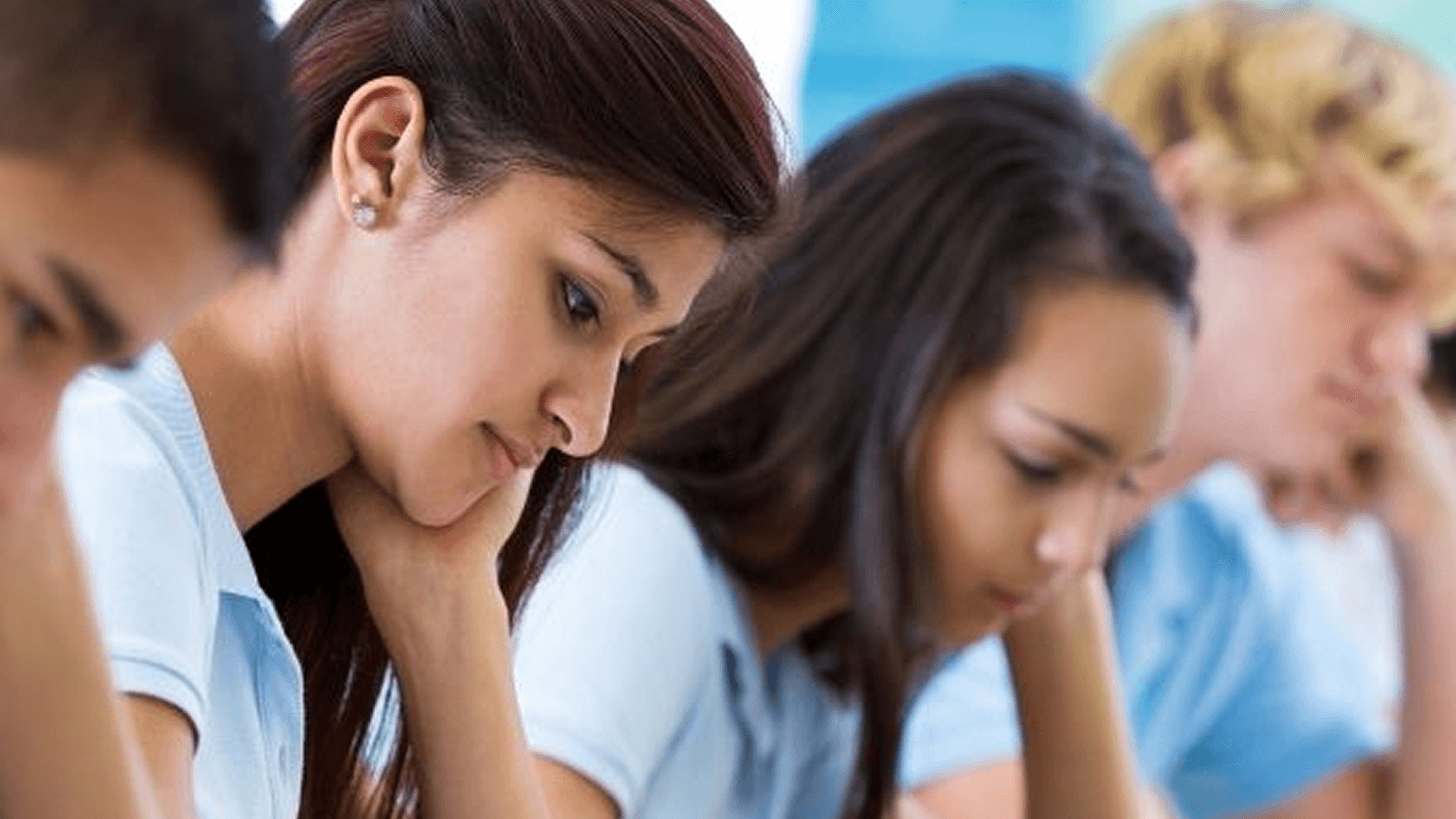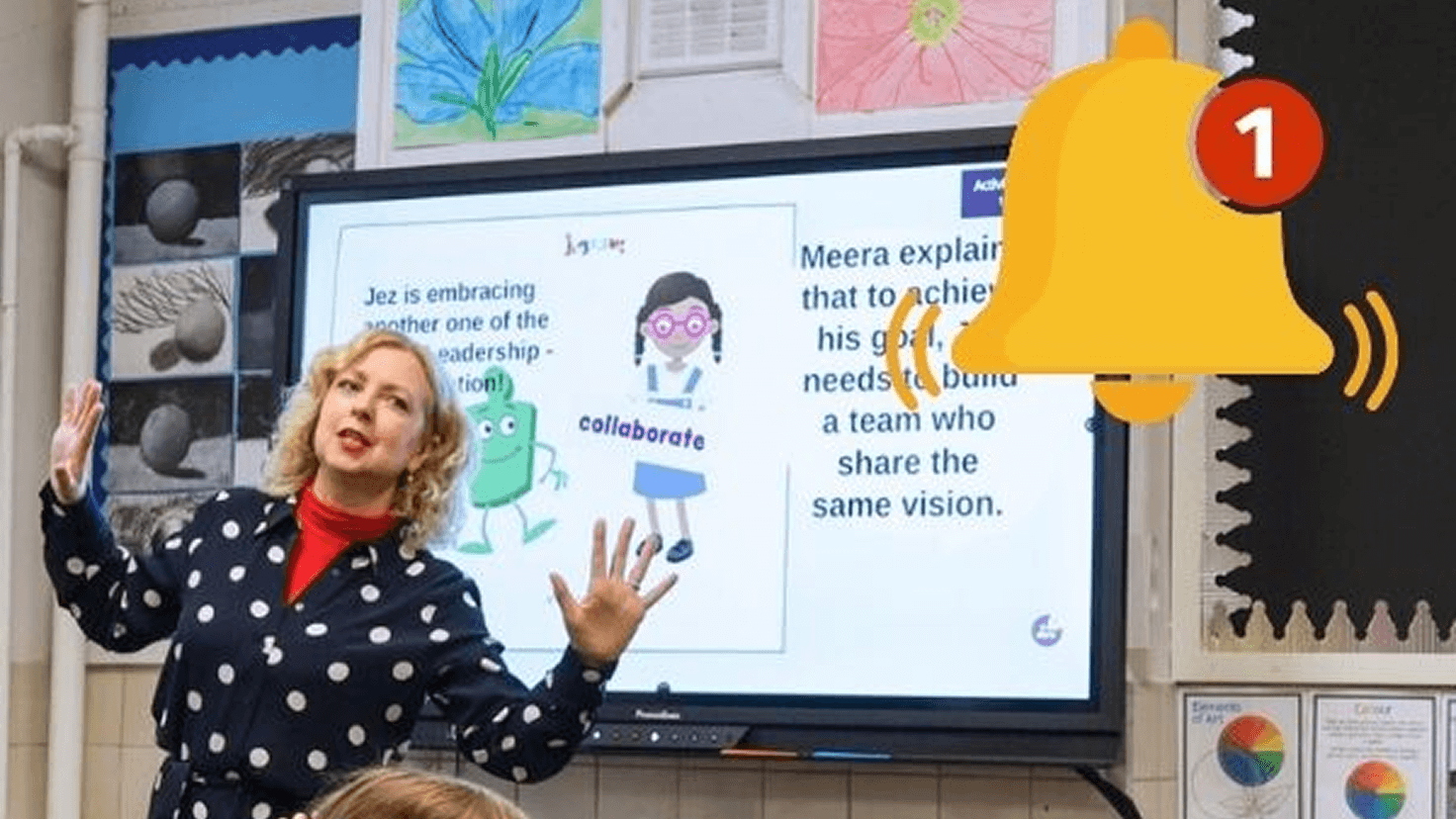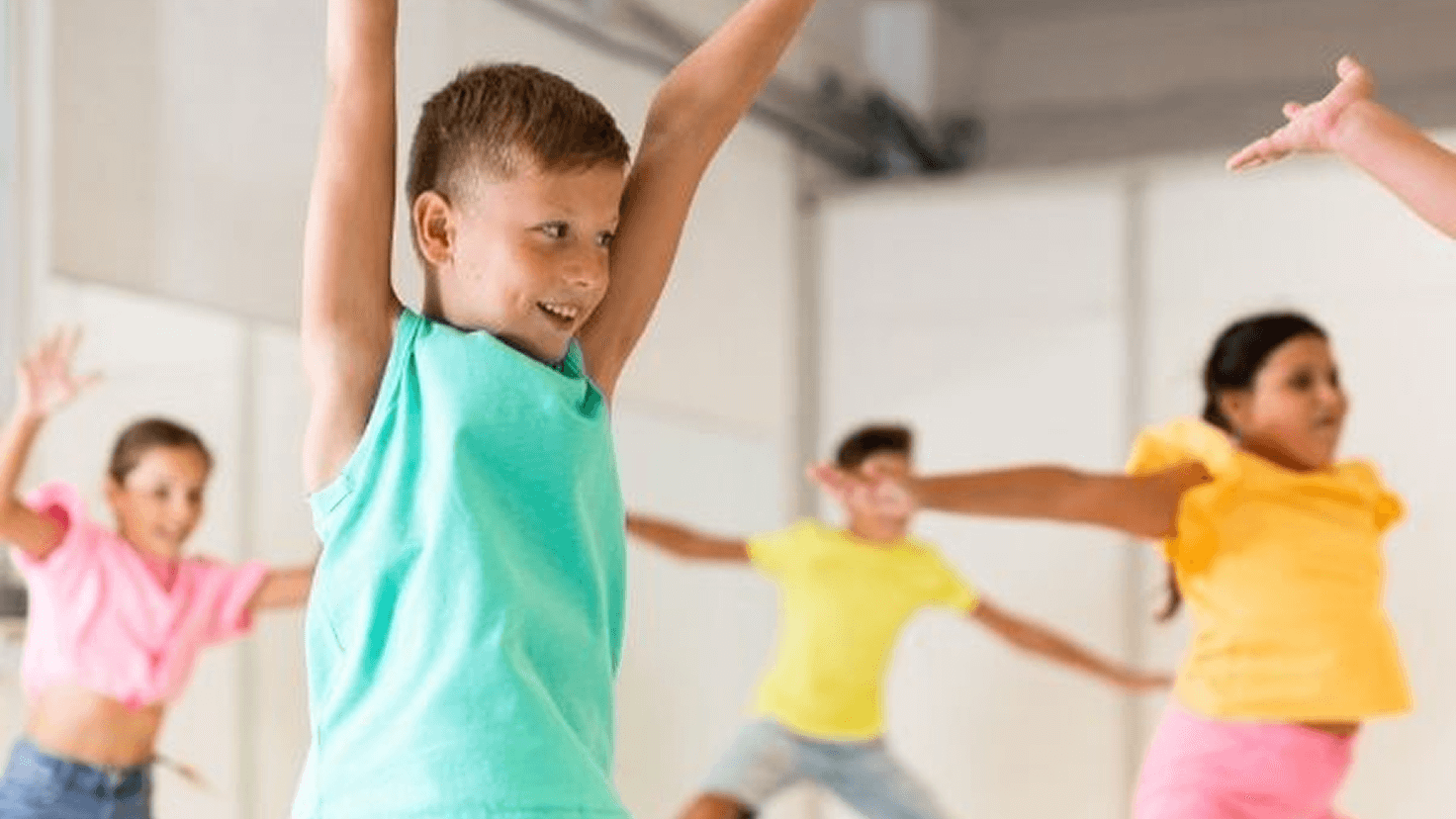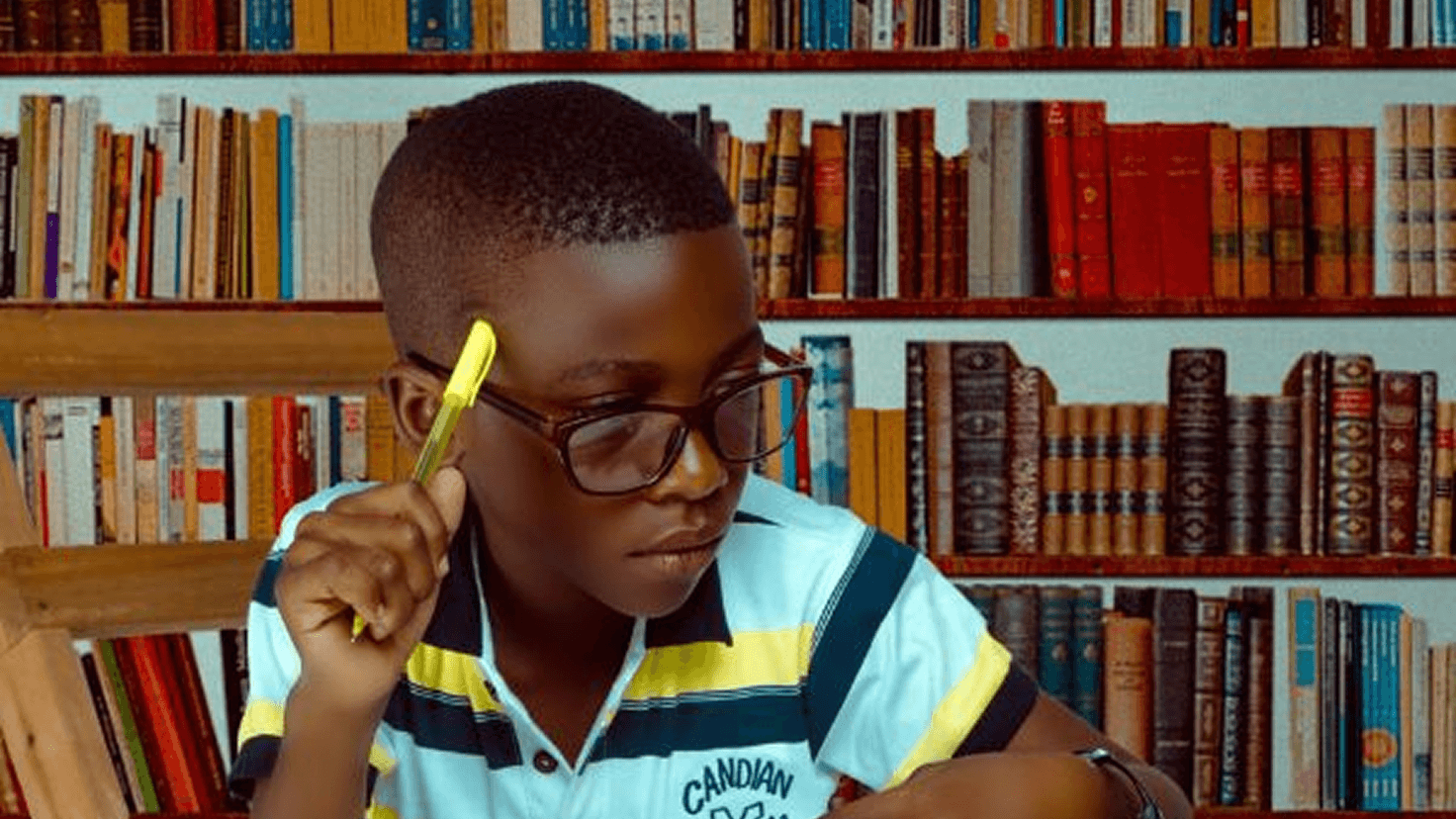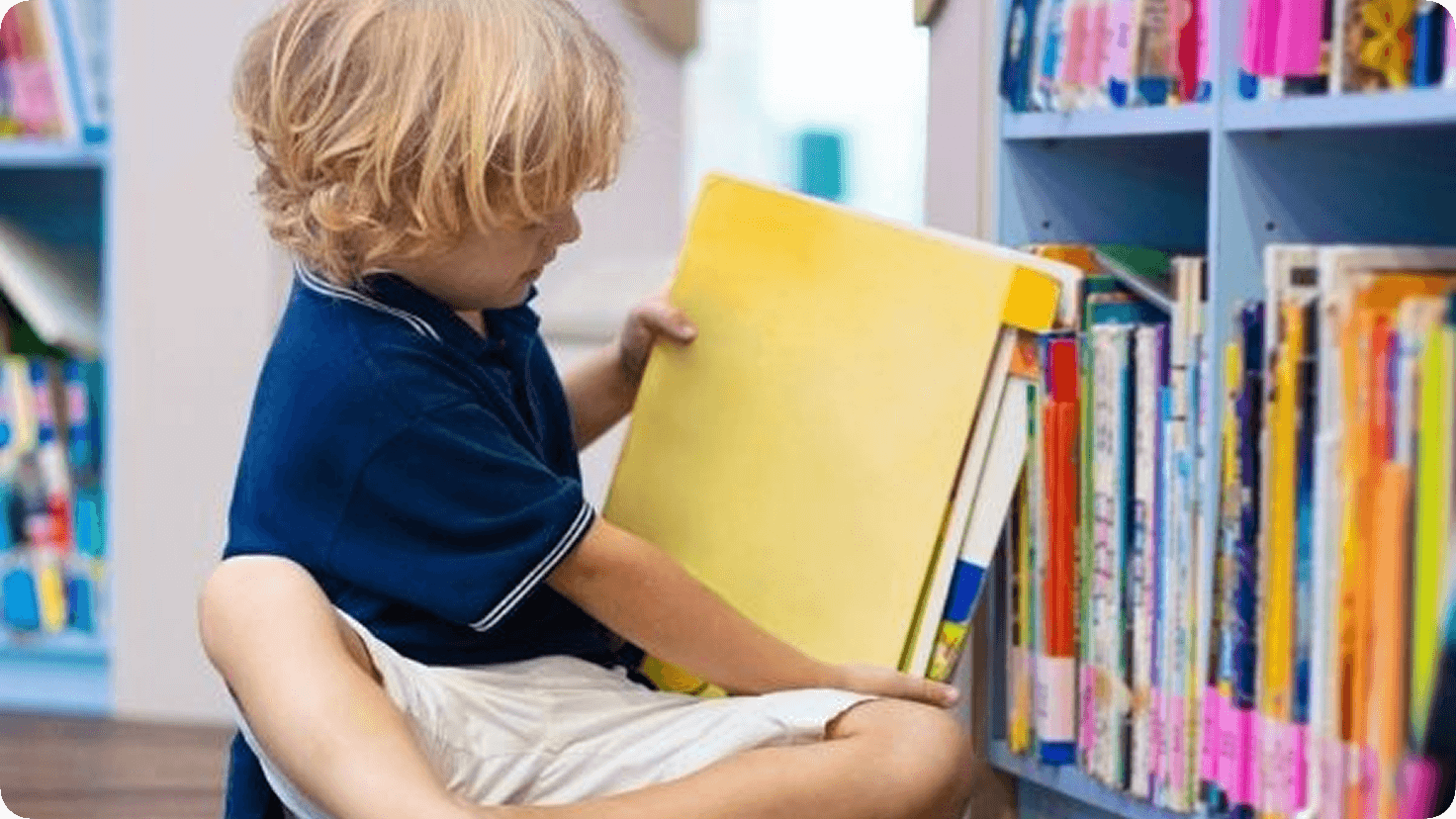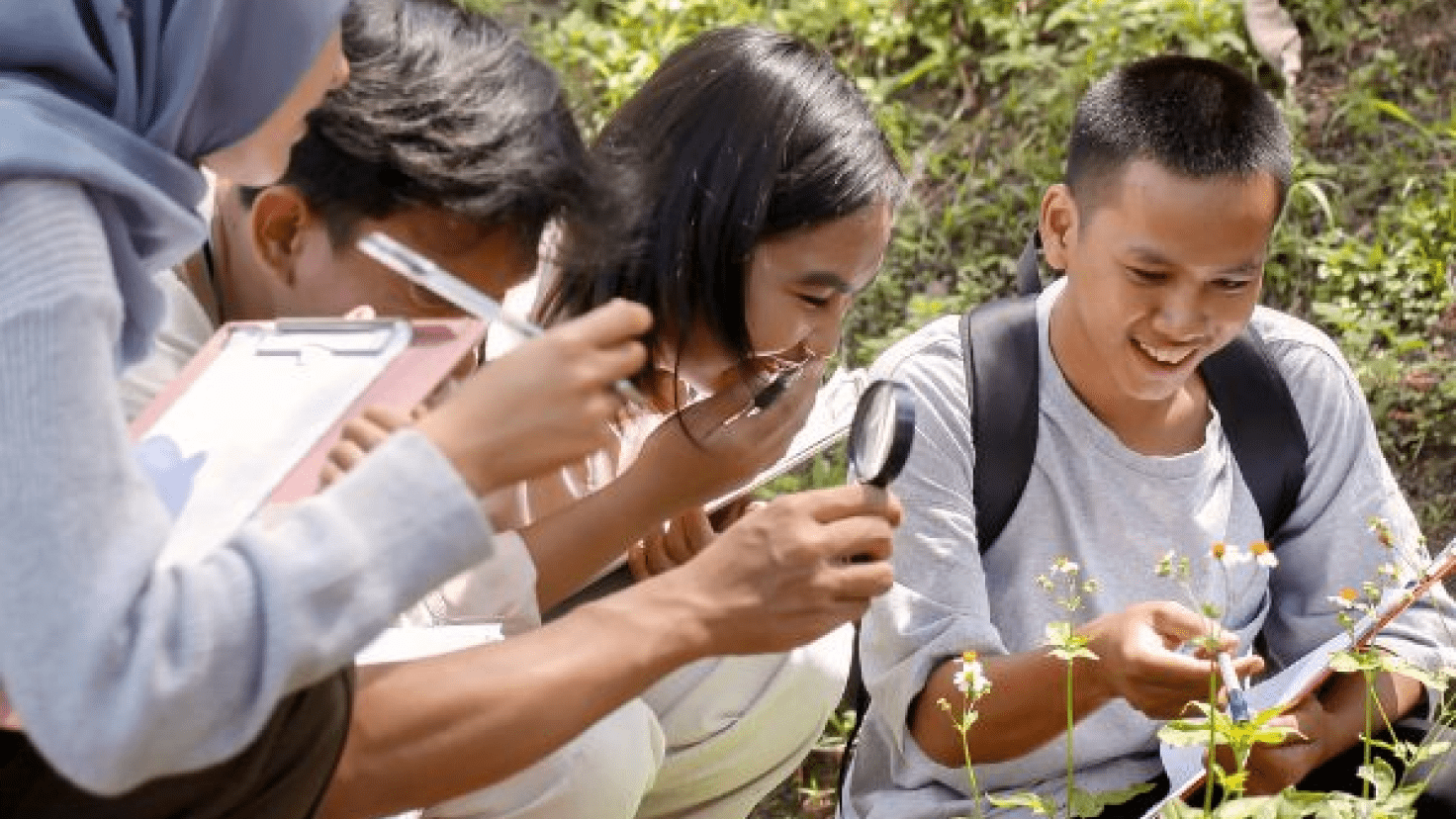Articles & Updates
27 January 2024
A Call for Action: Enhancing the Quality of RE

In a parliamentary debate on Thursday 18th January, asked by Lord Harries of Pentregarth, the state of Religious Education (RE) in primary schools took centre stage. The debate was in response to the concerning comments in the Ofsted annual report, prompting Lord Harries to ask the government about the steps being taken to improve the quality of RE in schools.
Lord Harries set the tone by expressing his worry that the current state of RE is failing to prepare pupils for understanding the key role of religion in our culture and history, as well as its importance for fostering good community relations in the modern world. He emphasised the need for RE in schools – not as propaganda – but as an essential journey for children growing up in a pluralistic society.
The focus of the debate shifted to the evolving nature of the world and the importance of introducing children to individual and diverse worldviews. Lord Griffiths of Burry Port highlighted the duty in education to incorporate spirituality and religion as part of a well-rounded education. In a world marked by conflict and misunderstandings, subjects like RE play a vital role in developing critical thinking and providing safe spaces for discussion and debate on controversial and spiritual issues. Ultimately, positively cultivating each child’s individual worldview.
Lord Storey reminded the participants that we live in a successful, multicultural, and multifaith society. To sustain and flourish in such an environment, fostering understanding rather than ignorance is imperative. The call echoed through the debate: celebrating cultural and religious diversity should start early, with high-quality, well-informed, and authentic experiences.
Lord Hastings of Scarisbrick shared his powerful experience of RE in the classroom, describing it at its best as “dynamic, realistic, passionate, personal, and meaningful” – qualities that should engage, motivate and inspire lifelong learning. The challenge of eradicating a postcode lottery of RE quality, requires, as Baroness Fox of Buckley acknowledged, “more than just paying bursaries”.
What emerged from the discussion the need and call for a National Plan for RE, like the successful initiative for music education. This is not a new call; it was also highlighted in the 2018 CoRE report. Reference was made to the Religious Education Council’s recently published National Content Standard for RE, released in July 2023, as a crucial step towards this goal. However, whilst the government recognised this, it is disappointing that no commitment was made to engage meaningfully with it and the need for steps forward in RE to be taken at a government level. This should include, as Baroness Meacher emphasised, the importance of making RE fully inclusive of non-religious worldviews, and a suggested name change to “religion and worldviews” to promote understanding among children with and without beliefs.
In conclusion, the parliamentary debate highlighted that RE is more than just fact-learning; it plays a pivotal role in shaping the next generation for a multicultural and pluralistic society. The government’s commitment to addressing the concerns raised by Ofsted is crucial. Ignoring these concerns not only lets down our children but jeopardises the foundation of a respectful and tolerant society. It is time to prioritise and invest in RE to ensure that our children are well-equipped for the challenges of the future.

